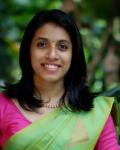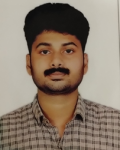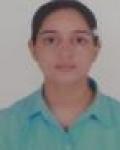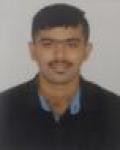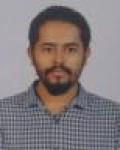Education
The Education Programme at NIAS is a consolidation of work in various projects and academic activities conducted at the institute for nearly two and a half decades. Drawing on a range of experiences, the PROGRAMME is premised on observations that the education system in India, at all levels, is entrapped in several contradictions. On the one hand, mass elementary education remains limited with problems of access, equity and quality, while on the other hand, select specialized institutions of higher education are celebrated for the generation of creative and global talent. Even as existing institutions face a crisis in management and quality, several new, private institutions are catering to differential financial capabilities of households. The challenges are multiple: how to provide equal and quality education to all? What models and practices of education are suitable for a diverse population? How can local and national priorities be matched with the pressures of global regimes? What linkages must education institutions have with the social, political and economic worlds of the people? Attempting to address these challenges and drawing on the institutional mandate of inter/multi-disciplinary research, the Education Programme focuses on connecting research with teaching, advocacy and policy. Our work has found audience in diverse forums including academic journals, national and international conferences, teach-ins, government expert committees, governing boards of educational institutions among others. In addition to the scholars from around the world, we have collaborated with students, teachers, administrators, government officials and civil society organisations.
Our focus, ‘Reaching the Unreached’ draws attention to the critical problems in education that have hitherto received little attention. Working on all levels of education and interacting with different stakeholders, we have been involved in identifying trends, reviewing schemes and policies, drafting reports and collaborating around issues involving meaningful, viable visions of education.
The current thrust areas of the programme include:
- Education of the Gifted and Talented
- Women in STEM disciplines
- Social Exclusion and Education
- School Dropout, Vocational Education and Employability
- Education and Sustainability
- Curricula and Pedagogic Practices
- Cognition and Learning
The current ongoing projects include Education and Urban Transformation (2019-2022), Vocational Skill Policy, Dropout Reduction and Employability among Adolescent Youth: A Study in Odisha and Assam (2020-23); Learning, Livelihoods and Socially Just Pedagogy (2021-22); and Developing a Framework for Learning Analytics for India( 2022-24). In 2020-21, the programme conducted a weekly webinar series, Education after COVID.
Click the following to know more about our activities:
| |
Anitha Kurup Professor and Dean School: School of Social Sciences Programme: Education Room no: S 05 Tel: 080-2218 5144 Fax: 080-2218 5028 bkanitha@nias.res.in CV_AnithaKurup_Feb2025_0.pdf |
Professor
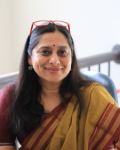
Adjunct Professor
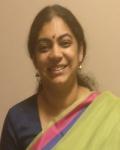
Adjunct Faculty
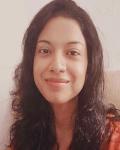
DOCTORAL STUDENT
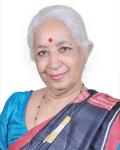
HONORARY VISITING PROFESSOR

Doctoral Student
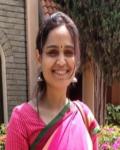
Assistant Professor

Doctoral Student

Doctoral Student

Doctoral Student
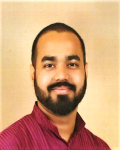
Doctoral Student
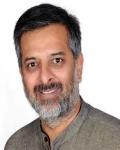
Adjunct Faculty
| Education of the Gifted and Talented (EGT) Education of the Gifted and Talented (EGT) Indian protocols moving beyond psychological measurements to include socio-cultural factors representing urban, rural and Adivasi communities to identify and mentor gifted and talented children in Science, Technology, Engineering and Mathematics (STEM), Humanities, Social Sciences and the Arts have been developed. A total of 2000 teachers- urban and rural from different states were trained. The programme has developed Teacher training manual (English and Kannada), and mentoring frameworks and resources to support the gifted children. |
| Review of Ashram schools of Maharashtra Ashram schools are residential schools in the Adivasi regions that are designed for the purposes of access to education. For the Adivasi communities, separated by distance and social marginalisation, the residential schools hold tremendous importance and promise. The findings highlight the strong imprint of structural issues on the everyday learning especially the triad of health-nutrition-safety affecting the learning and teaching in Ashram schools. The analysis of classroom practices points out a number of pedagogic strategies that work very well in Ashram schools, but also indicates the struggles in English and Mathematics that affect the performance of students. |
| Women in the STEM Disciplines Two national studies- 2010 (With Indian Academy of sciences) and 2019 were carried out on Women in the STEM disciplines across premier institutions, universities and industries. While the first examined why women after a PhD dropped out of science, the second examined how young girls make a career choice, the shifting work-life balance, and the professional experiences in different institutional settings. |
| Vocational Education and Sustainable Livelihoods The skill gaps and the career trajectories of the vocationally trained graduate employees in the private and government public sectors, have been traced. |
| Other Research Activities The team made significant contributions at all levels of education. In particular, the work on school quality, education of the disadvantaged, education of the gifted and women in the STEM disciplines has been recognised nationally and internationally. The contributions in teacher education and advocacy have gained collaborators in various institutions and organisations across the country. The highlight of was two students successfully defending their PhD dissertations. Ms Savitha Suresh Babu and Ms Anupama Mahajan received their degrees. At present nine doctoral students are in the programme. Three of them are writing their chapter drafts (Ms Cheshta Arora, Ms Shaima Amatullah, Mr Subroto Dey); two students are doing field research- Ms Sabna ES and Ms Megha Punia, and four students are developing their proposals and getting formally registered (Ms Shruti Shankar, Ms Souri Majumder, Mr Varun Sudhakaran and Mr Shashank SR). |

|
Shruti Shankar Silent Casualties: Languages in the Wake of Skill Subjects https://www.epw.in/journal/commentary/silent-casualties.html Shanka, Shruti (2025) Silent Casualties: Languages in the Wake of Skill Subjects. Economic and Political Weekly, 60 (45). pp. 23-25. Skill training has been fervently promoted as one of the primary means to prepare for work at increasingly earlier stages of the compulsory formal education system. In a state such as Karnataka, where diverse linguistic cultures exist in schools, skill-based subjects have encroached upon the space of language subjects and teaching. |

|
Jeebanlata Salam Quality of technical and vocational education and training in India: A study of manufacturing industries https://www.multisubjectjournal.com/archives/2025.v7.i6.A.702 International Journal of Multidisciplinary Trends 7(6): 20-31. In India, Industrial Training Institutes and Polytechnic colleges are among the oldest Technical and Vocational Education and Training (TVET) institutions, producing a skilled workforce for various industries. TVET programme are offered primarily through diploma courses in Polytechnics, Industrial Training Institutes, and apprenticeship certificates. Polytechnics and Industrial Training Institutes are primary hubs for TVET training. The core objective of TVET sector is to develop a workforce ready for employment in local, national, and global markets. Moreover, these institutions play a vital role in tackling youth unemployment. However, India's TVET system continues to face longstanding challenges including structural constraints and quality concerns that hinder the employability of technically trained graduates. Based primarily on the responses and insights of employees of manufacturing industries, this study assesses the competence of TVET programme offered across different training institutes in India. |

|
Jeebanlata Salam Manipur’s perpetual turmoil and India’s act east policy: A sociological perspective https://www.multisubjectjournal.com/article/692/7-5-29-427.pdf International Journal of Multidisciplinary Trends 7(5): 116-122 |

|
Jeebanlata Salam Sustainable Development Goals and Vocational Skill Policy: India vis-a-vis Global Scenario http://eprints.nias.res.in/2920/ Salam, Jeebanlata (2025) Sustainable Development Goals and Vocational Skill Policy: India vis-a-vis Global Scenario. Journal of Educational Planning and Administration, 39 (1). pp. 23-42. |

|
Anitha Kurup Doctoral Research Programs in India: Bridging Policy Gaps for Knowledge Economy’s Imperative https://www.routledge.com/India-Higher-Education-Report-2023-Higher-Education-Research/Misra-Pachauri/p/book/9781032711416 Kurup, Anitha (2025) Doctoral Research Programs in India: Bridging Policy Gaps for Knowledge Economy’s Imperative. In: India Higher Education Report 2023 Higher Education Research. ed. by Pradeep Kumar Misra and Anupam Pachauri. Routledge. ISBN 9781032711 The Doctoral Program of any country is the central pillar of higher education. The conspicuous absence of a well-thought-out doctoral program in India's national research policy has resulted in asymmetries in policies and practices related to research and development. The history of doctoral research in India presents a unique trajectory with a mixed influence of the colonial past and isolated efforts of genuine intellectuals who have thrived in an environment of deep motivation and passion that defined their research pursuits. India will have to ask more profound questions regarding the quality of doctoral education and the nature of students being produced/created. How does one enhance quality, and what is the role of faculty, students, and institutions? What is the role of doctoral research in influencing learning, pedagogic practices, and curriculum in preparing a citizenry to influence growth and development at the national and global levels? While reviewing global practices and policies, this chapter attempts to draw on best practices while also addressing the opportunities and challenges that reflect the realities of developing countries, particularly India. |
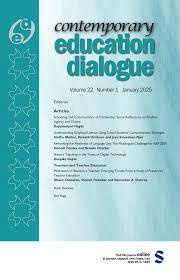
|
Shruti Shankar International Schools in India and the Emergence of a New School-to-University Pipeline https://journals.sagepub.com/doi/full/10.1177/09731849251334482?trk=feed-detail_main-feed-card_feed-article-content Shankar, S. (2025). International Schools in India and the Emergence of a New School-to-University Pipeline. Contemporary Education Dialogue. This article discusses the emergence of a pipeline between international schools in India and New Private Liberal Education Universities. This development is interpreted as an elite response to the crises in higher education, providing fresh perspectives on relatively new categories of educational institutions. |

|
Jeebanlata Salam Northeast India is not only magnificent but also strategically crucial. Our textbooks must reflect that https://cms.nias.res.in/sites/default/filesefs/2025-05/Northeast%20India%20is%20not%20only%20magnificent%20but%20also%20strategically%20crucial.pdf Indian Express There is a persistent exclusion in NCERT textbooks of the Northeast from the socio-cultural and historical narratives around India |
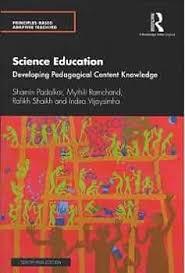
|
Mythili Ramchand Science Education: Developing Pedagogical Content Knowledge https://www.taylorfrancis.com/books/mono/10.4324/9781003047506/science-education-shamin-padalkar-indira-vijaysimha-mythili-ramchand-rafikh-shaikh Padalkar, S., Ramchand, M., Shaikh, R., & Vijaysimha, I. (2022). Science education: Developing pedagogical content knowledge. Routledge India. |

|
Mythili Ramchand Learning without Burden: Where are We a Quarter Century after the Yash Pal Committee Report https://www.routledge.com/Learning-without-Burden-Where-are-We-a-Quarter-Century-after-the-Yash-Pal-Committee-Report/Ramchand-Khunyakari-Bose/p/book/… Ramchand, M., Khunyakari, R., & Bose, A. (Eds.). (2023). Learning Without Burden: Where are We a Quarter Century After the Yash Pal Committee Report. Routledge,Taylor & Francis. |

|
Tirthankar Chakravorty “How do you know that?” Popular Culture and Education https://www.ssla.edu.in/eventdetail/9 Symbiosis School of Liberal Arts Big History Conference, Pune This paper explained how rationality prevents human beings from acknowledging coincidence to be a decisive factor. With examples of cases from popular culture, one can argue that education is the pathway to provide safeguards against deception. |

|
Tirthankar Chakravorty Schools as 'public spheres': An experiment on citizenship education http://publications.azimpremjiuniversity.edu.in/id/eprint/4263 Students’ Journal of Education and Development (7). pp. 19-37. The National Curricular Framework 2005, among some of the major curricular documents worldwide, proposes one of the main goals of Social Studies Education to develop students' ability to think and act independently. The “Social and Political Life” textbooks by NCERT also motivate teachers to posit the school as a microcosm of society, demanding similar kinds of dialogic spaces. However, this aspect of keeping classroom discussion relevant to the socio-political context of the students gets left behind in the contemporary technocratic school environment. |

|
Tirthankar Chakravorty Children of Shaheen Bagh: Protests, Perceptions and Pedagogy 12th International Conference of Comparative Education Society of India (CESI), Maulana Azad National Urdu University, Hyderabad |

|
Tirthankar Chakravorty History Textbooks and Nationalism: Textbooks of India and Pakistan in Comparison Zikr- Annual Researchers’ Confluence 2024, Department of Sociology, Jamia Millia Islamia This paper aims to explore how textbooks have represented the modern history of the subcontinent and the rise of nationalism in the textbooks in India and Pakistan. While on a cursory view, the themes of ‘secular’ and ‘religious nationalist/communalist’ approaches in textbook development continue to resonate across both sides of the border (Bhattacharya, 2009), the factors that contribute towards the ideological stances that textbook development committees take over time seem to be rooted in the sociopolitical milieu of the respective countries (Aziz, 2004), the differences in access to higher education and research opportunities (Zaidi, 2009) and “convergence” of both the “liberal” and “conservative” voices in textbook development in being ignorant of the marginalized and subaltern voices in the textbooks (Guichard, 2010), (Thapar, 2009). As Benei (2000,2008) and Wortham (2006) point out, the politics of textbook narratives hold profound importance in the classroom learning experience for a diverse population of students, leaving a plastic impact on their collective memory about nationalism, citizenship and identity. |

|
Tirthankar Chakravorty Ummeed - A Ray of Hope: Filmmaking as Autoethnography and Tracing Censorship in Narratives during Pedagogical Experiments with Adolescents in a School Setting The 49th All-India Sociological Conference This paper narrates the key events and factors that contributed to the development of Ummeed- A Ray of Hope, a short film written, shot and produced by students from the ‘core sample’ as a part of an International Film Festival on films made by minors/teens. This paper is part of the researcher’s doctoral research project “The “Self” in Classrooms: Exploring Identities through Narratives from Teaching of Social Sciences”, which analyses narratives and discourse from unconstrained socio-political discussions. |

|
Tirthankar Chakravorty Meri Atmakatha (My Autobiography): Exploring Autobiographical Narratives of Adolescents through Social Science Pedagogy in a School-based Ethnography The 49th All-India Sociological Conference The paper shows how one can surpass “the front” (Goffman, 1956) of classroom and pedagogical spaces through intersectional positionality and facilitating enduring learning experiences for students and how one can understand individuals’ social identity through curricular experiences (Wortham, 2006) using a certain “pedagogical intent” (Van Manen, 1991), intersectional contextualised methodology (Farooqi, 2020), and democratic pedagogical situations (Apple & Beane, 2006). |
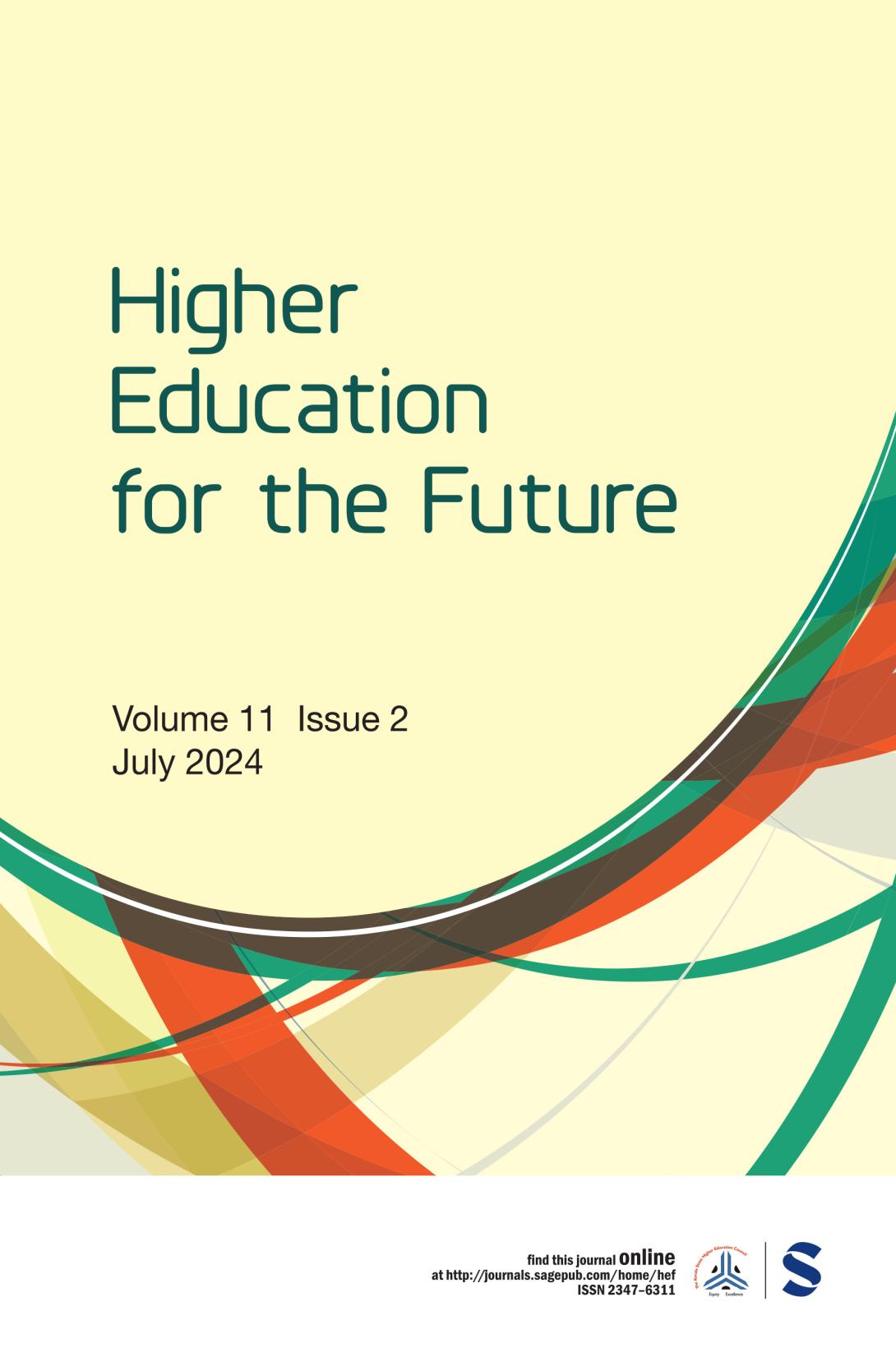
|
Anitha Kurup Scale of Outcome-based Education: Beyond the Knowledge-Skill Dichotomy https://journals.sagepub.com/doi/10.1177/23476311241263380 Co-Authored with Debarun Sarkar, Higher Education for the Future This article fills a notable gap in existing research on outcome-based education (OBE) in India. It reports findings from a multi-sited field-based investigation of OBE across five relatively highly ranked institutions in India. Building on actor–network theory the article argues that attempting to study OBE opens up a range of concerns such as disciplinary dispositions, teacher training, methodological limitations of OBE, concerns of labour, management and the problem of designating the scalar boundaries of OBE. The article argues that OBE allows problematizing the distinction between skill and knowledge and the hierarchy that exists between them. It argues that OBE need not be construed as a degradation of higher education into trade schools, rather this moment provides us an opportunity to rethink the relationship between vocational, technical, and general education. This assumes significance in the current context as the new clientele of higher education do not have the luxury nor often the aspiration for further education but want to use undergraduate education as a take-off to build meaningful careers outside the academia. |
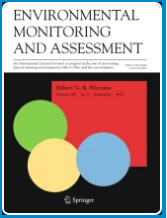
|
Shaik Vazeed Pasha Rubber expansion and age-class mapping in the state of Tripura (India) 1990–2021 using multi-year and multi-sensor data https://link.springer.com/article/10.1007/s10661-023-10942-2 Co-Authored with V. K. Dadhwal & C. S. Reddy. Environmental Monitoring and Assessment. 195, 348 (2023) |

|
C P Rajendran The Rumbling Earth: The Story of Indian Earthquakes https://www.penguin.co.in/book/the-rumbling-earth/ Co-authored with Kusala Rajendran. Vintage .ISBN: 9780670095612 The renowned seismologists C.P. Rajendran and Kusala Rajendran offer a riveting story of the Indian earthquakes, their science, history and impact. Like all other natural phenomena, earthquakes are part of life-sustaining forces-- the creators of the mountains, valleys and springs or even deserts on Earth-- a theatre where the show never ends. The book takes the readers to some exciting parts of India to show how earthquakes change the topography where a sea existed not far in the past-- now a salt marsh, affecting the social life, trade and livelihood. The book discusses the likelihood of the next big earthquake in the Himalayas against the backdrop of the devastating earlier ones revealed by archaeology, history and geology. It probes the causes and aftermath of the devastating Indian Ocean tsunami of 2004 and gives a glimpse of the past. The high-impact earthquakes will happen, but they need not always end up as human catastrophes. The authors have spent much of their professional lives studying the earthquakes in India and abroad. They tell us from their vast experience how to negotiate the impacts of earthquakes and related hazards by following science-based strategies. |
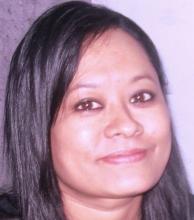
|
Jeebanlata Salam Vocationalisation of School Education: Prospects and Challenges (NIAS/SSc/ED/U/RR/18/2023) Report. NIAS, Bengaluru. The paper is a comprehensive policy review with a focus on secondary school education in India. The study provides the status of provisioning of vocational education at the school level, the success models in Indian states implementing this provision, the history and summaries of various policy trajectories culminating with the Prime Minister’s National Council on Skill Development. The paper then highlights a comparative analysis of vocational education systems in South Asian countries, global trends, best practices, successful models from industrialised nations and concludes by offering suggestive models based on best practices in the specific context of India. |
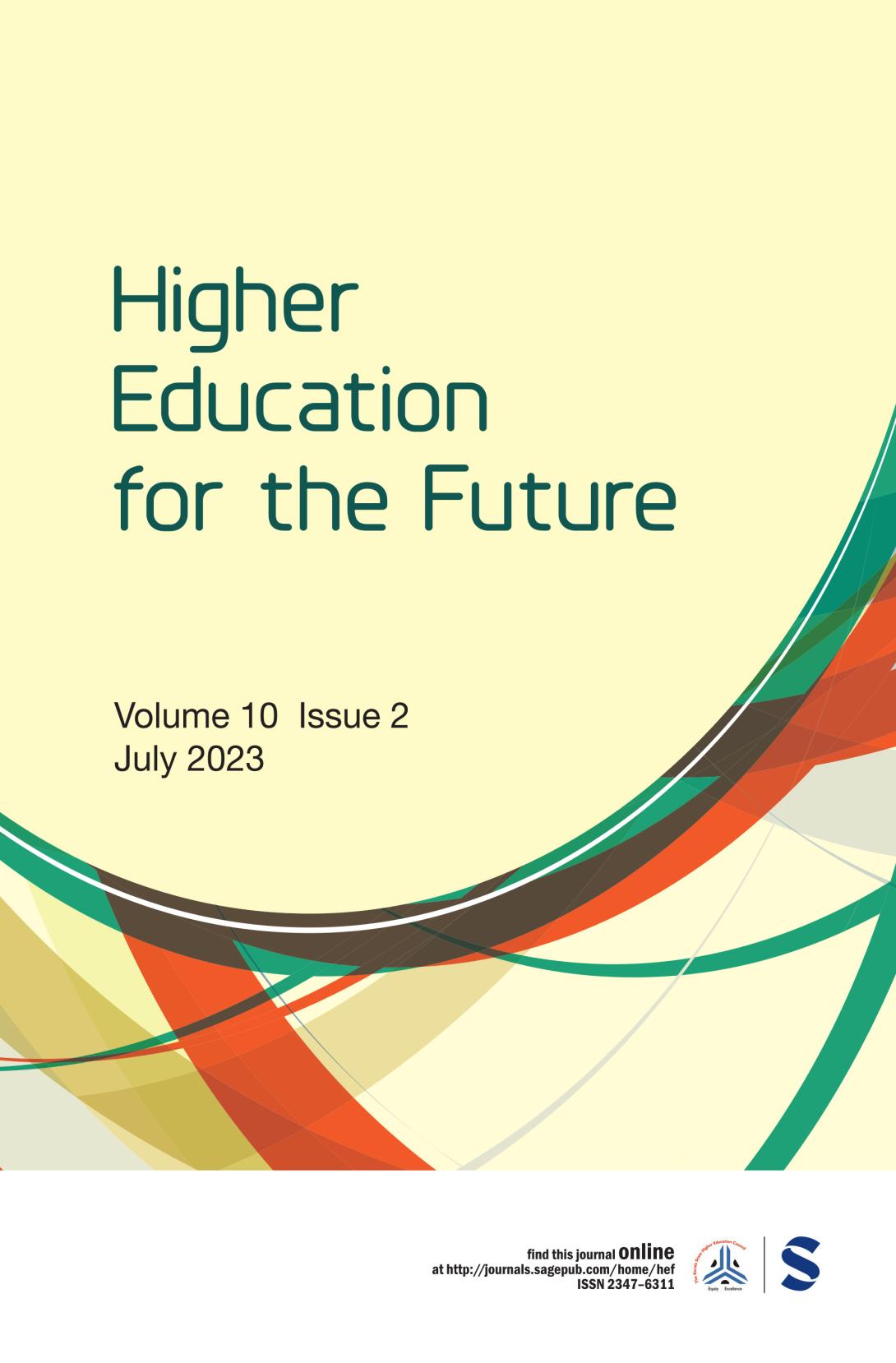
|
Anitha Kurup Outcome-based Education as Janus-faced Travelling Theory: Appeal for a Broader Research Agenda https://journals.sagepub.com/doi/10.1177/23476311231173486 Co-Authored With Debarun Sarkar. Higher Education for the Future 10(2) 139–152. A shift towards outcome-based education (OBE) is visible in an emerging set of educational policy and regulatory documents and higher education institutions across the country. The article argues for OBE to be approached through the lens of ‘travelling theory’ to foreground the process of translation across various scales, from the transfer of policy knowledge to negotiations in the classroom. By doing so, the article highlights the process of translation which remains at the core of OBE, as it tends to mobilize both managerial and behaviourist approaches along with a constructivist and constructionist approach. The popularity and acceptance of OBE and the disagreements surrounding it are made possible due to this Janus-faced nature of OBE. It argues for acknowledging the mobilization of multiple, contradictory and divergent epistemological approaches as integral to the process of translation of OBE. |

|
Shaima Amatullah, Shalini Dixit Situatedness of School Choice among Muslim Students: An Intersectional Approach https://doi.org/10.1177/09731849231187706 Contemporary Education Dialogue 20(2). So far research on school choice sets (decision about choosing a school from an available set of schools) has primarily regarded parents as key actors. This article emphasises that children are important actors as they inform parental decisions to co-produce certain choice sets. This paper suggest that factors like heterogeneities in social class, differential levels of religious discrimination/exclusion in schools and a need to protect their faith through education and the complex overlap between these were crucial in shaping choices. |

|
Shalini Dixit Dealing with denial of community history: The case of Adivasis in India https://www.routledge.com/Towards-Inclusive-Societies-Psychological-and-Sociological-Perspectives/Tiwari/p/book/9781032216867 Towards Inclusive Societies: Psychological and Sociological Perspectives, Edited By Dharmendra Nath Tiwari, Routledge 2023 This chapter is part of the book Towards Inclusive Societies: Psychological and Sociological Perspectives. The volume focuses on the importance of building inclusive societies and communities for global human welfare within psychological, social, political, and cultural realms. It discusses the engagement of psychology and other social science disciplines on the need for building both cultural sensitivity and interdisciplinary dialogue. |

|
Anitha Kurup, Cheshta Arora Learning For/Towards Sustainable Development: Reimagining Education and Learning as a Key Vertical Across the SDGs https://t20ind.org/wp-content/uploads/2023/07/T20_PolicyBrief_TF6_LearningForTowardsSDGs.pdf Co-Authored with Brigid Freeman and Debarun Sarkar. Force 6: Accelerating SDGs: Exploring New Pathways to the 2030 Agenda. T20 Policy Brief, July 2023. In many parts of the world, there is uncertainty about the diminishing quality of higher education systems. Concurrent crises have negatively impacted the well-charted policy trajectories in education (i.e., what is being taught), learning (i.e., what is being learned and how), and knowledge (i.e., what ought to be taught). Existing policy interventions primarily focus on formal spaces of learning, despite the growing recognition of informal learning, and long-standing commitments to lifelong learning. While school, vocational, and higher education are addressed under SDG4, the new realities of impending, multiple emergencies demand a reimagination of what it means to learn in an unpredictable environment. There is a need to build robust equitable infrastructures that can sustain the global mobility of learners across sectors as well as pedagogic tools and processes to interrogate and share diverse sustainable approaches being practised across the G20 nations. This Policy Brief calls for sustained effort to expand spaces, tools and methods of learning and put forward a blueprint for learning for/towards sustainable development as a key policy directive across all SDGs. |
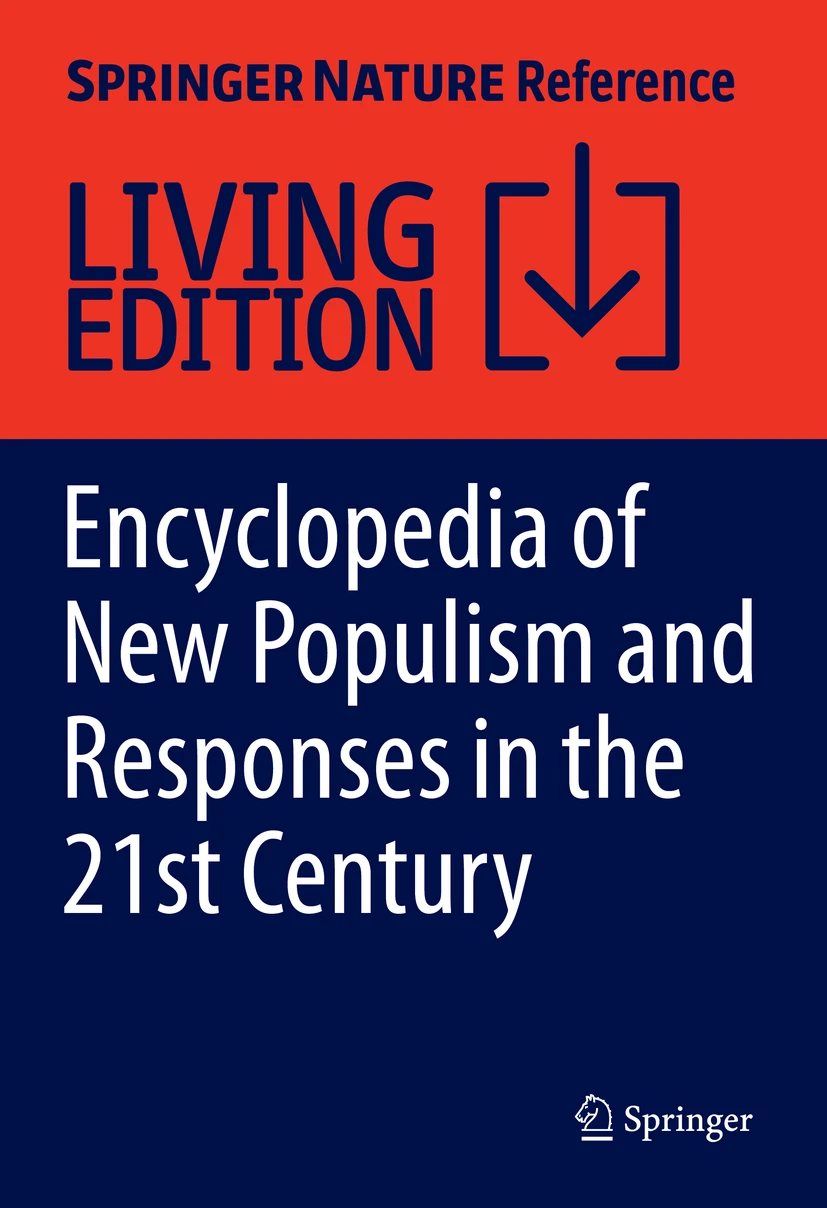
|
Anitha Kurup The Social Life of Memes and Education https://link.springer.com/referenceworkentry/10.1007/978-981-16-9859-0_299-1 In M. Deshpande et al. (eds.), Encyclopedia of New Populism and Responses in the 21st Century,© Springer Nature Singapore Pte Ltd. Populism typically encompassed disciplines of political sciences and democracies. The inroads made by populism into other domains of knowledge brings to the center the social dimensions of New Populism as integral parts of curricula, pedagogy, and research in all disciplines. Drawing from Dawkins proposition of Meme as a cultural replicator, the paper explores the social processes where memes undergo variations and mutations as they diffuse through different human hosts in social networks. The interconnection of meme, social networks, power structures, and societal outcomes redefines the scope of education and research across domains. |
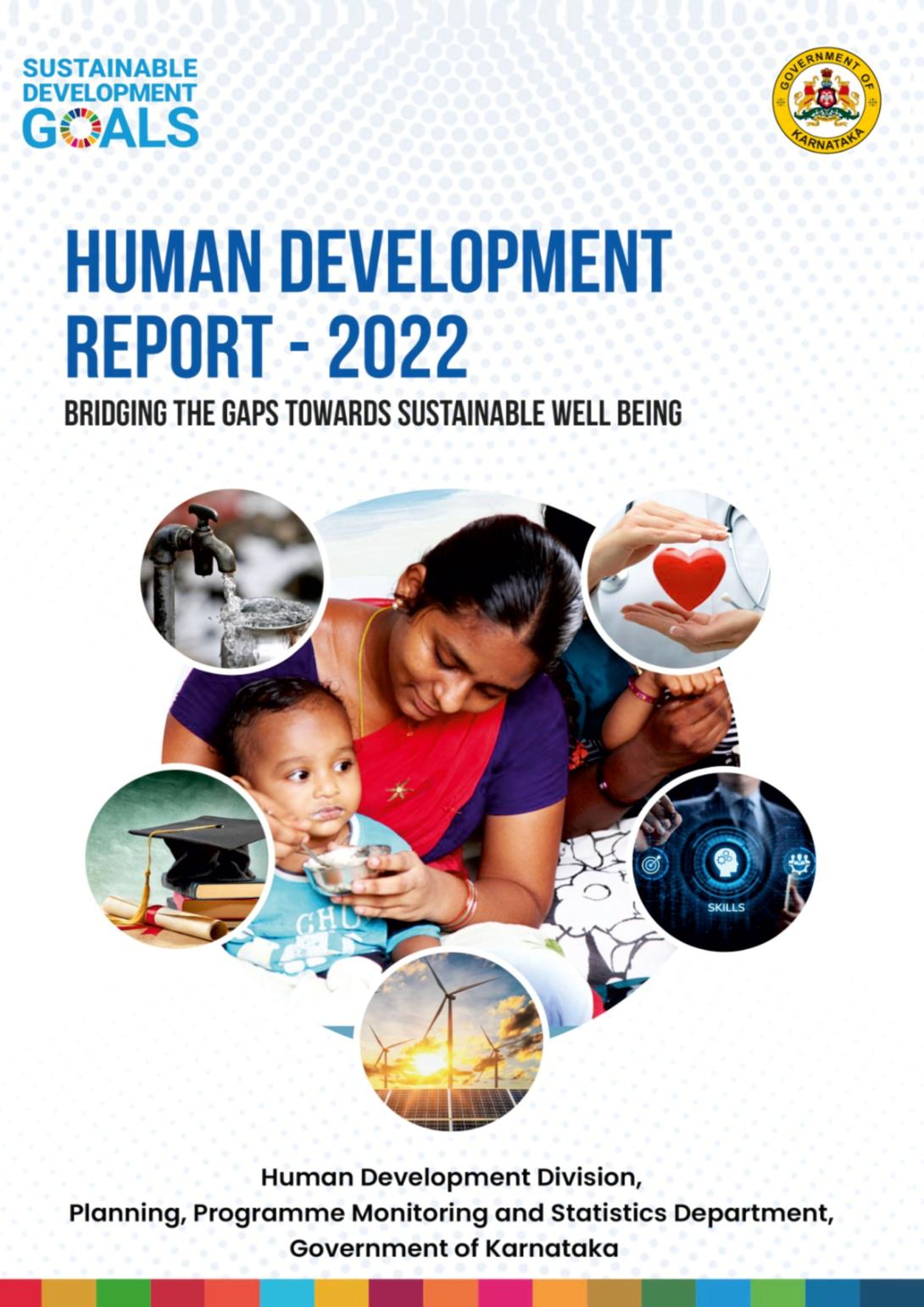
|
Anitha Kurup Professor , Education Programme Quality Education in the era of New Education Policy-2020 https://planning.karnataka.gov.in/storage/pdf-files/Reports/HumanDevelopmentReport-2022FullBook.pdf In Karnataka Human Development Report - 2022: Bridging the Gaps Towards Sustainable Well-being. Bengaluru: Planning, Programme Monitoring and Statistics Department. Government of Karnataka, Pp.82-12 |
| |
Anitha Kurup co-authored Professor, Education Programme Subject choice and STEM careers for women in India https://india-seminar.com/2022/760/760-03%20ANITHA%20KURUP%20and%20ANJALI%20RAJ.htm Co-authored with Anjali Raj. Seminar, Vol. 760, pp.20-25 The notion that girls very early in school decide to pursue STEM careers is not true for many in India. This research study across science institutions and universities in the country reveal that the choice to pursue STEM career in India by girls has been influenced by family, school teachers and the immediate social network. However, once having made the choice, women take the lead responsibility of building their careers, where they become key negotiators at home and the organisation as they straddle their multiple responsibilities. |
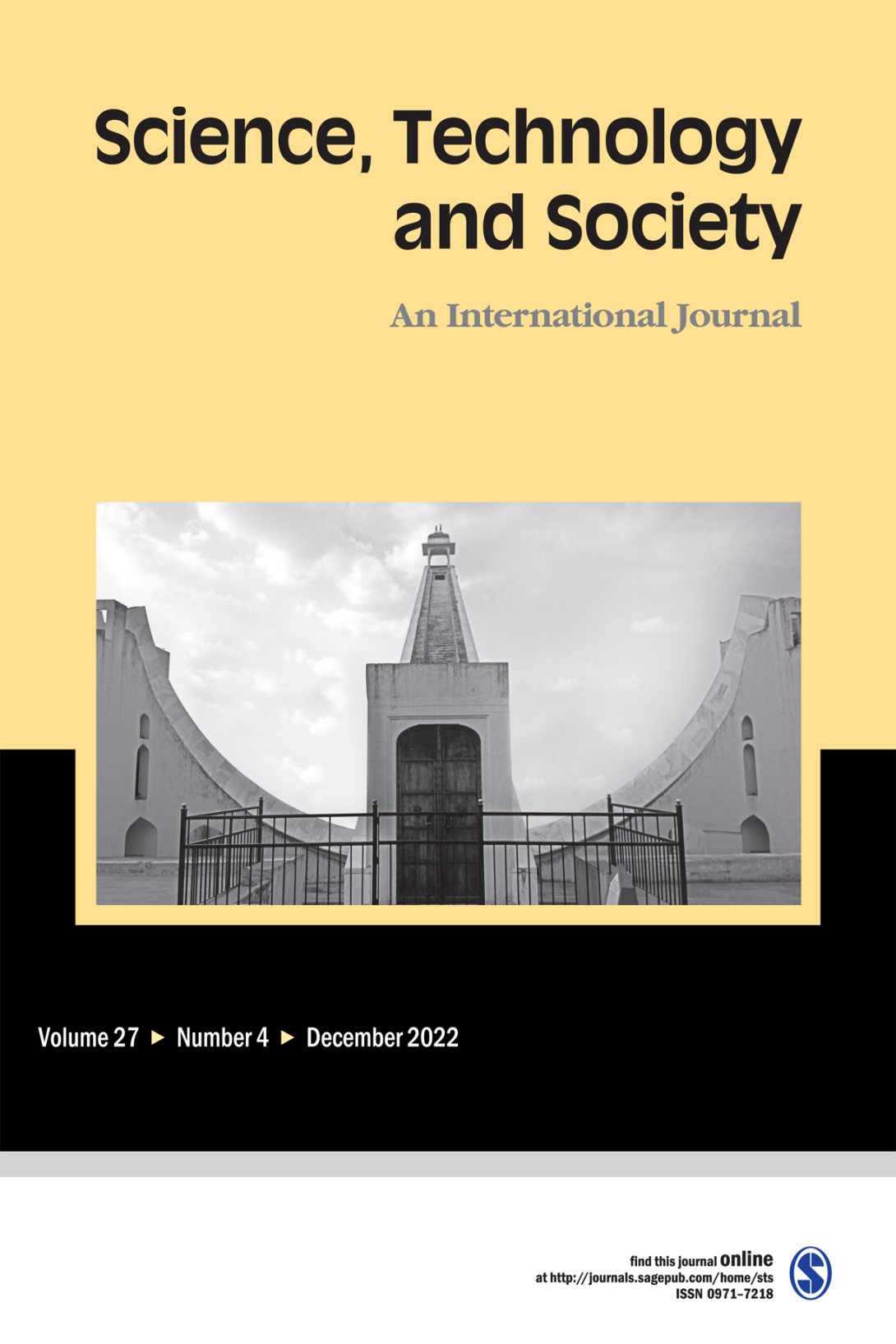
|
Anitha Kurup co-authored Professor, Education Programme Changing Patterns of Work–Life Balance of Women Scientists and Engineers in India https://doi.org/10.1177/09717218221075129 Co-authored with Anjali Raj. Science, Technology and Society, 27(4), 2022 pp.485–501 India has witnessed a steady rise in the number of women scientists and engineers in the last two decades. At the same time, the country has experienced the transition from the joint family to a nuclear family system. This has brought with it unique challenges for the women professionals as they negotiate their roles in families with successful careers. While documenting and analysing the changing patterns of the work–life balance of women scientists and engineers, the article highlights the critical role that the scientific institutions can play as enablers in this process |
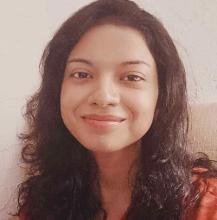
|
Ekasmayi Esha Naresh co-authored Why I said #MeToo: An Exploration of the Purpose of Disclosure Among Indian Women https://journals.sagepub.com/doi/abs/10.1177/09715215211057958 Co-authored with Dan Isaac Pothiyil, and Syam Kaithavalappil Ravindran. Indian Journal of Gender Studies, December 2021 The surge of sexual abuse disclosures by women during the #MeToo movement raised awareness about an important social issue that has garnered much attention. However, apart from the changes the movement initiated, the issue of why women chose to disclose in the context of the movement has not been extensively examined. Why women disclose such a sensitive topic in the public domain, often via social media, within the Indian cultural context, where matters such as sexual abuse are considered taboo, warrants further examination. This article explores the reasons for disclosure among Indian women participating in the #MeToo movement, through qualitative research, using the interpretative phenomenological approach. The emergent themes include reactions to the injustice, expectations of validation and closure, addressing stigma, initiation of dialogue and social change, as well as expression of solidarity, as the purpose for which disclosures were undertaken. |
| |
Anitha Kurup Future of Education: The Schools of the Future NIAS Report R32- 2015 ISBN: 9789383566-14-3 |
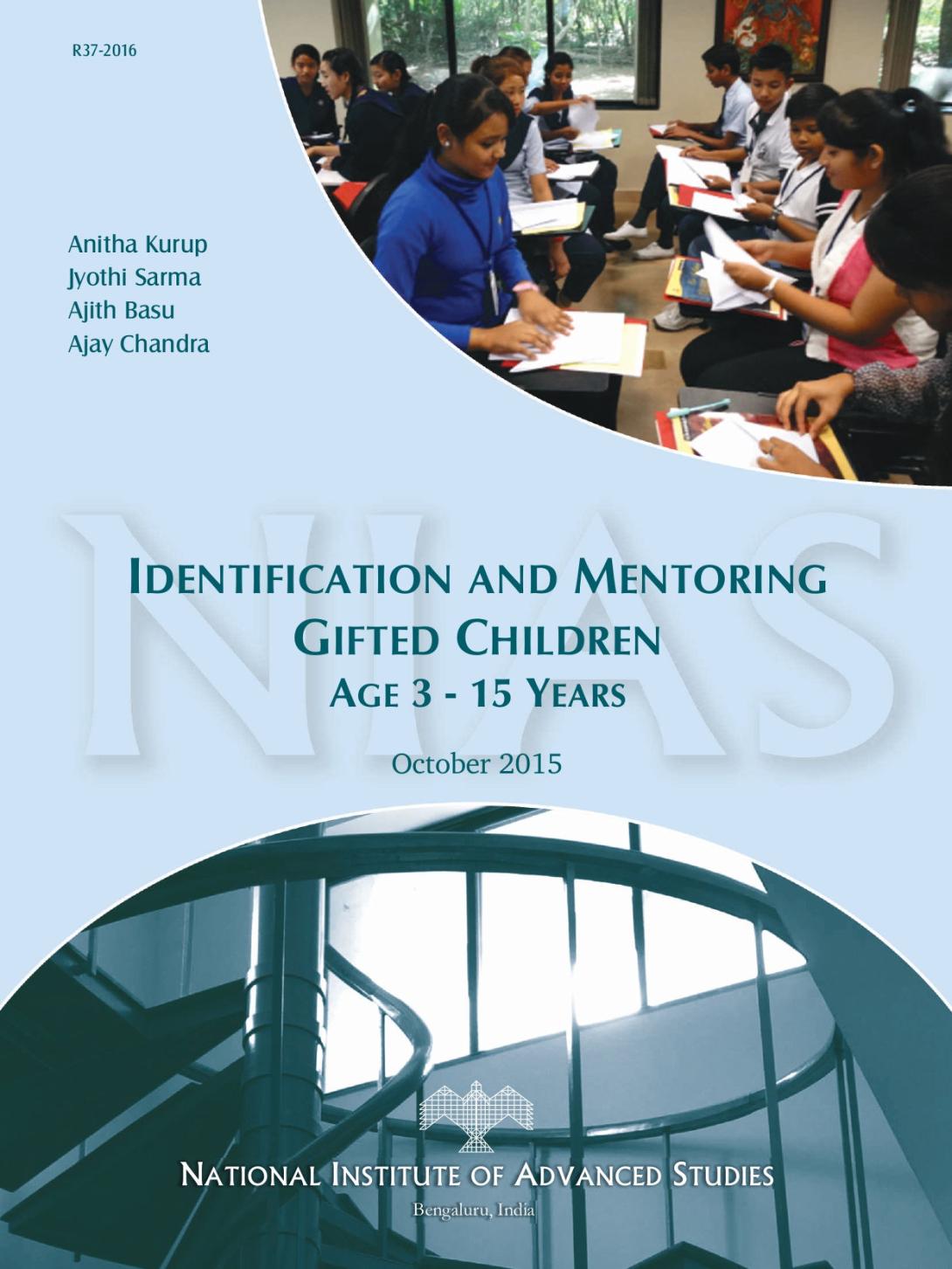
|
Anitha Kurup Identification and mentoring gifted children: Ages 3-15 years NIAS Report |
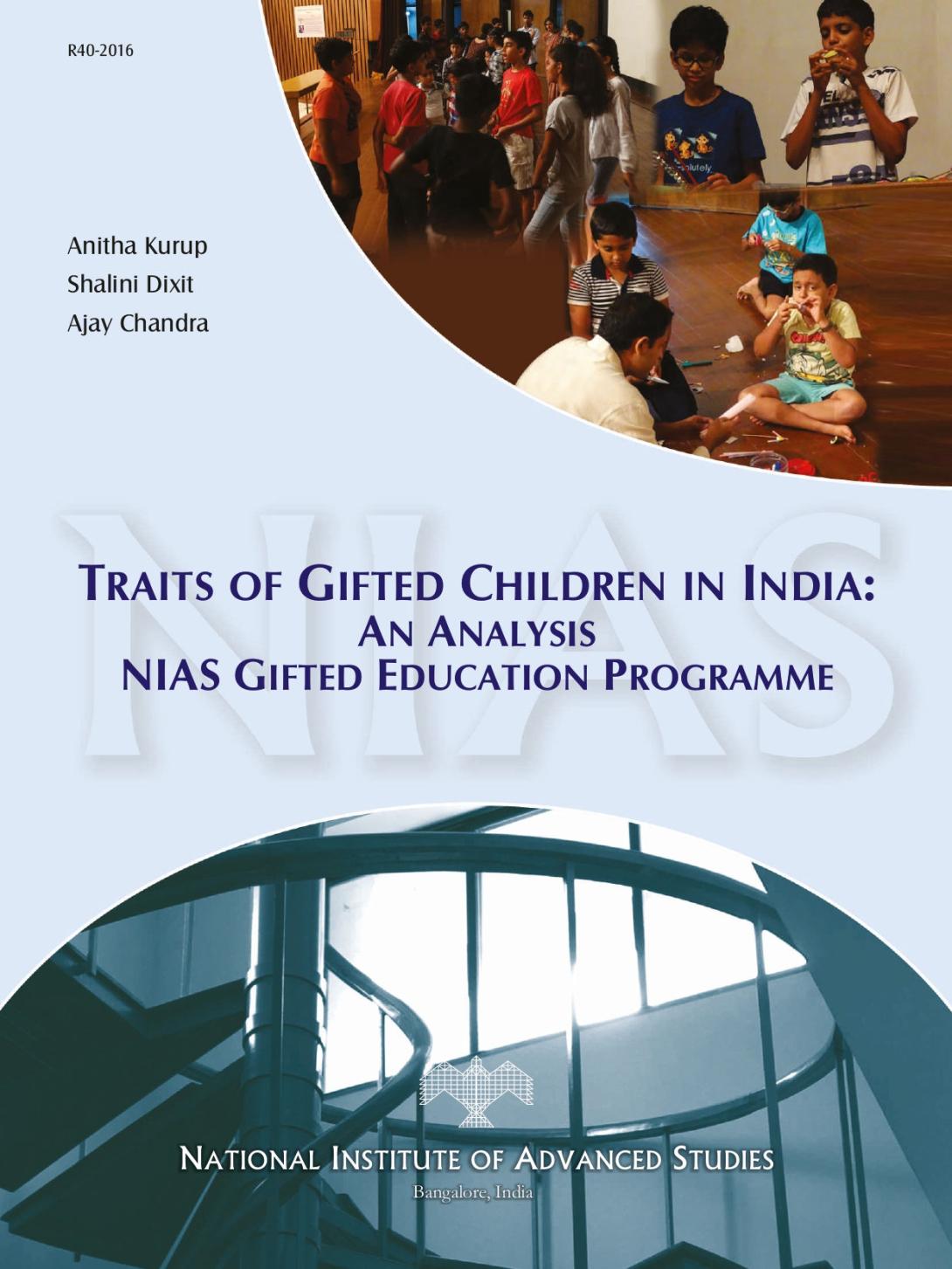
|
Anitha Kurup, Shalini Dixit Development of Traits in Gifted Children NIAS Report NIAS, Bengaluru, India (R_61-2018) |
| |
Anitha Kurup, Anjali Raj, Leya Mathew, Tanya Singh co-authored Capturing diversity: a comprehensive report on women in science and engineering in India NIAS Research Report No. NIAS/SSC/EDU/U/RR/12/2019 |
| |
Anitha Kurup, Jeebanlata Salam, Shivali Tukdeo Historical developments, policy turns and emerging concerns in vocational and higher education in India: research highlights NIAS Research Report No. NIAS/SSC/EDU/U/RR/19/2019 |
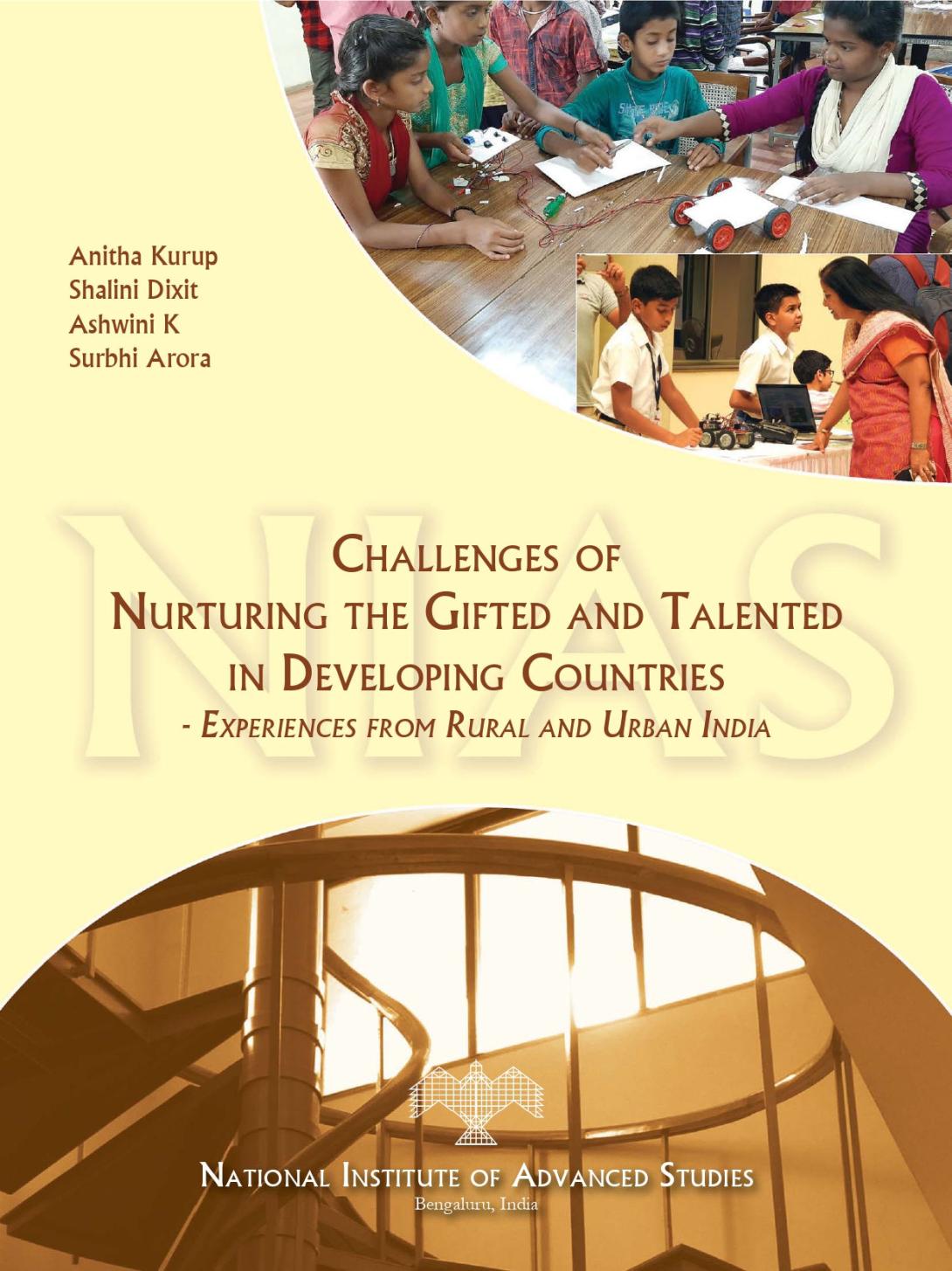
|
Anitha Kurup, Shalini Dixit, Ashwini K, Surbhi Arora co-authored Challenges of nurturing the gifted and talented in developing countries: experiences from rural and urban India NIAS Project Report No. NIAS/SSC/EDU/U/PR/18/2019 |
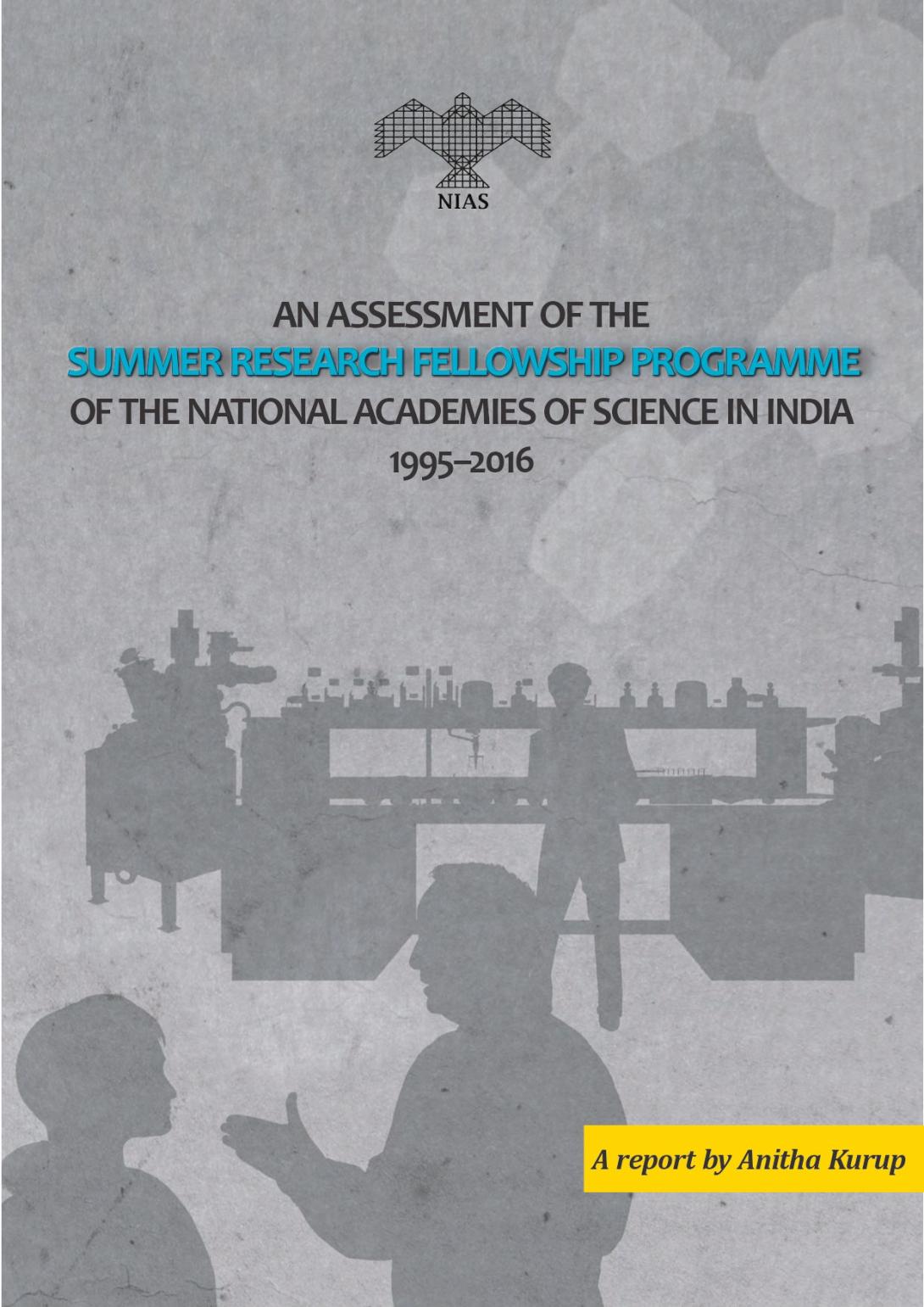
|
Anitha Kurup An Assessment of the Summer Research Fellowship Programme of the National Academies of Sciences (1995-2016) Bengaluru: Indian Academy of Sciences |
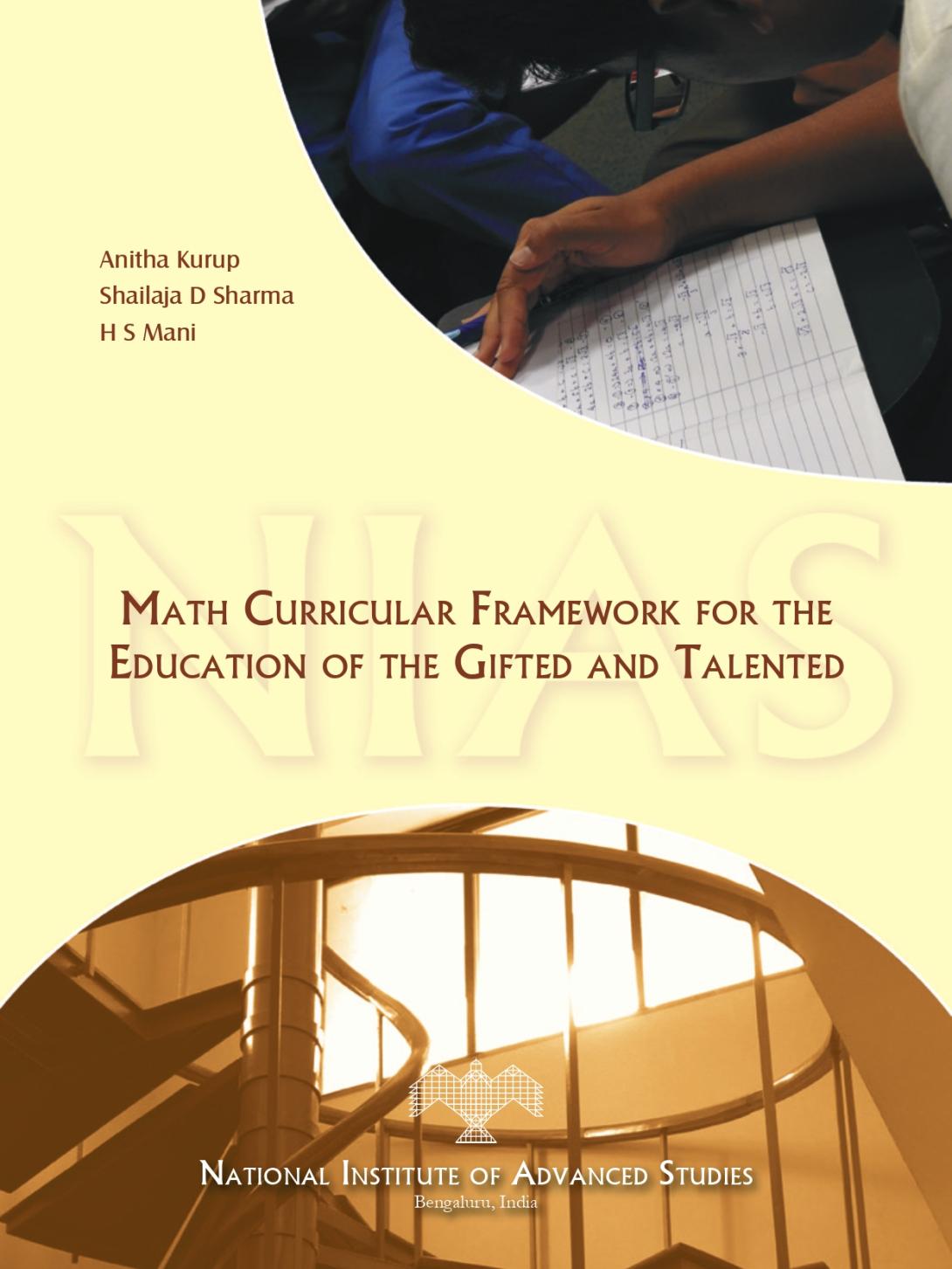
|
Anitha Kurup, Shailaja Sharma, H S Mani co-authored Math curricular framework for the education of the gifted and talented NIAS Project Report No. NIAS/SSC/EduU/RR/22/2020 |
| |
Anitha Kurup Being True to Feminism: Methodology of the Status of Rural Women in Karnataka In: Building Women’s Capacities: Interventions in Gender Transformation. Ed. By R.K. Murthy. Sage Publications, New Delhi. pp: 229-251.( co-authored) |
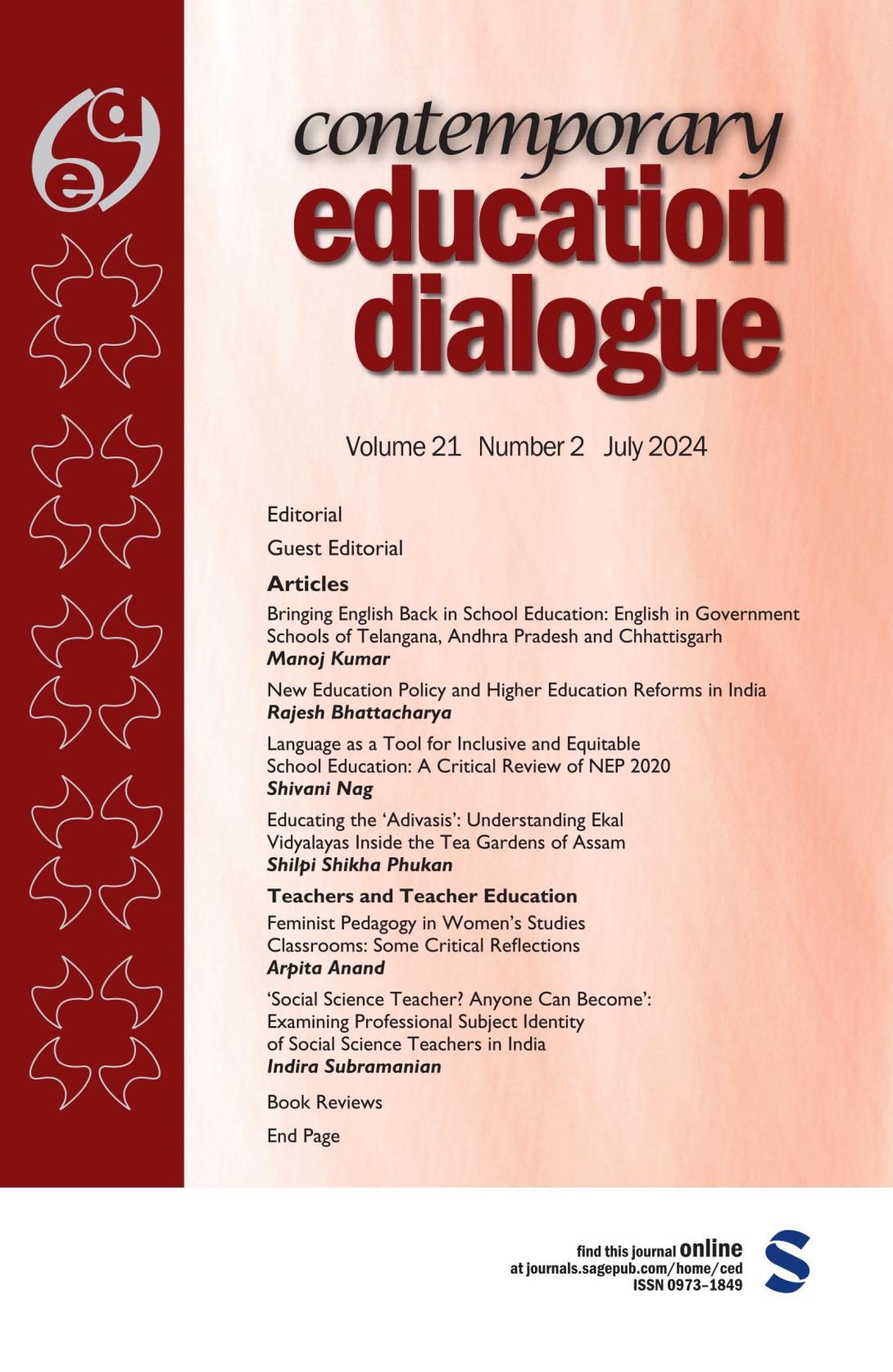
|
Anitha Kurup Quality and the Social Context of Rural Schools Contemporary Education Dialogue, Vol3:1 Monsoon 28-60 |
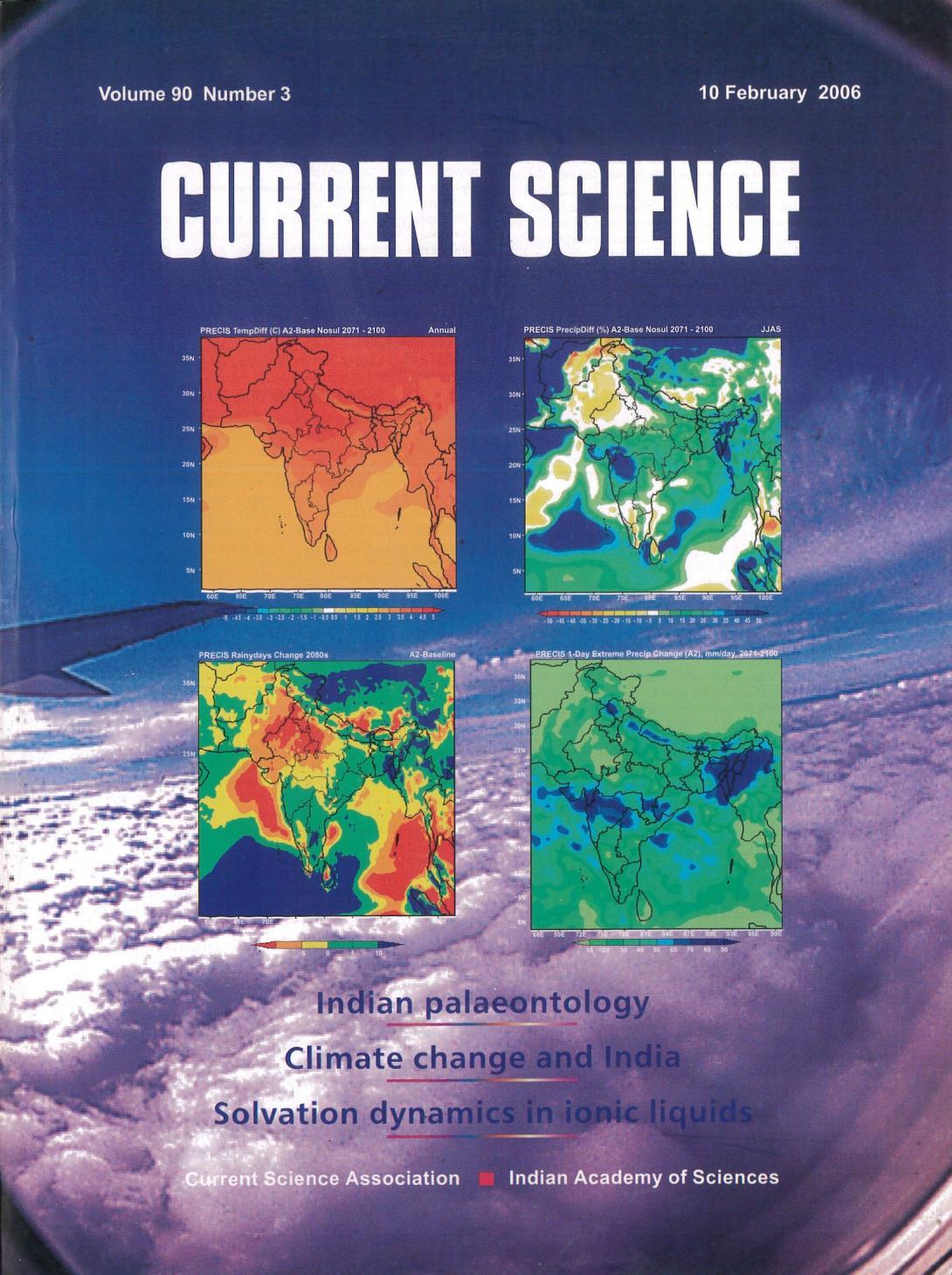
|
Anitha Kurup India’s Competitiveness and Preparedness in Science and Technology in the Coming Decades Current Science, Vol 90(3)281-283 |
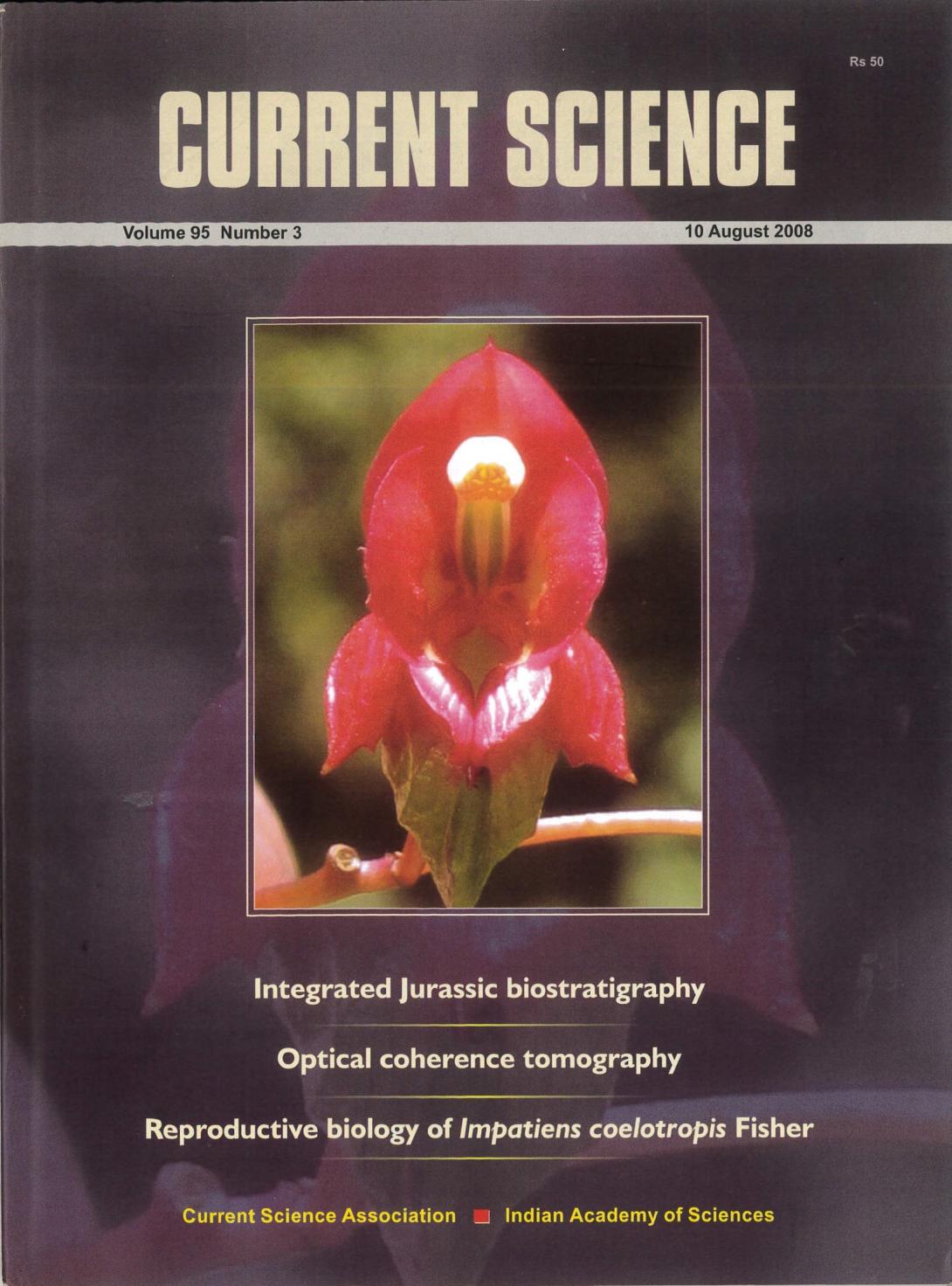
|
Anitha Kurup Emerging Directions in Global Education A Report in Current Science Vol. 95, No.3,10 August 2008, 303, ( co-author) |
| |
Anitha Kurup Indian Higher Education, The Road Ahead In World Education News and Reviews October Feature, WENR,( Co-author) |
| |
Anitha Kurup Does Indian Higher Education Resonate with the Global Knowledge Economy In:SRDE’s Higher Education Journal (SHEJ), Vol. 1, No. 5, November |
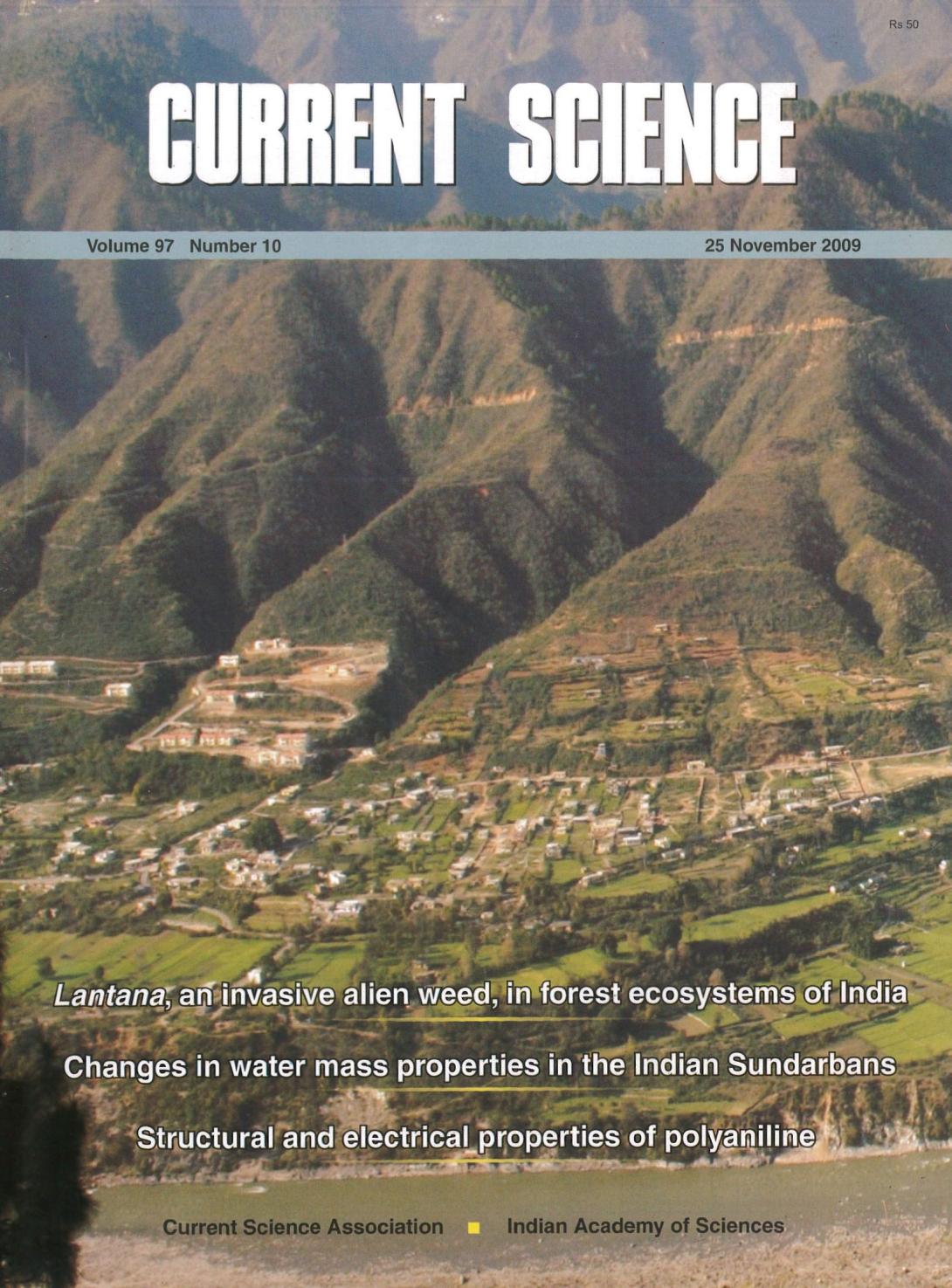
|
Anitha Kurup Emerging Directions in Global Education –A Meeting Report In Current Science Vol.96, No10, 25 May 2009, 1301- 1303. ( Co-author) |
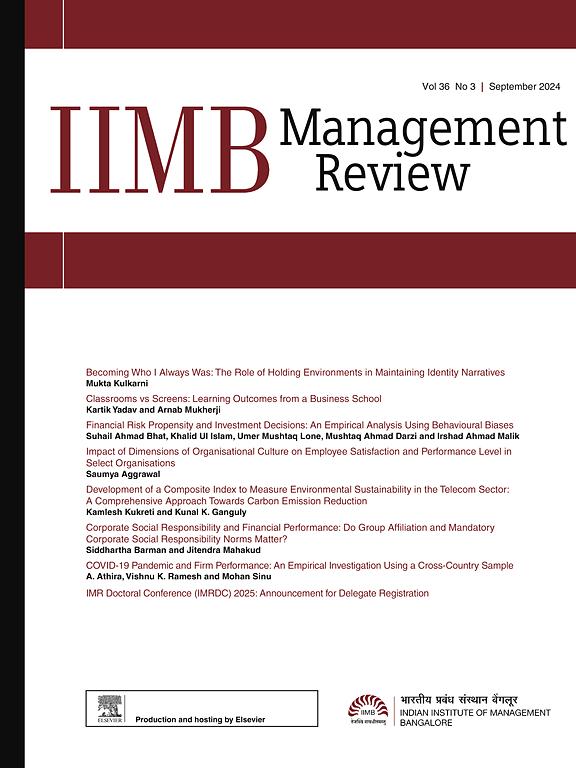
|
Anitha Kurup Women Power in Corporate India, in conversation with Kiran Mazumdar Shaw, Chairperson& MD, BIOCON Ltd IIMB Management Review, 23, pp: 223-233 |

|
Anitha Kurup, R Maithreyi A Review of Challenges in Developing a National Program for Gifted Children in India's Diverse Context Roeper Review, 34 (4). pp. 215-223. ISSN 1940-865X |
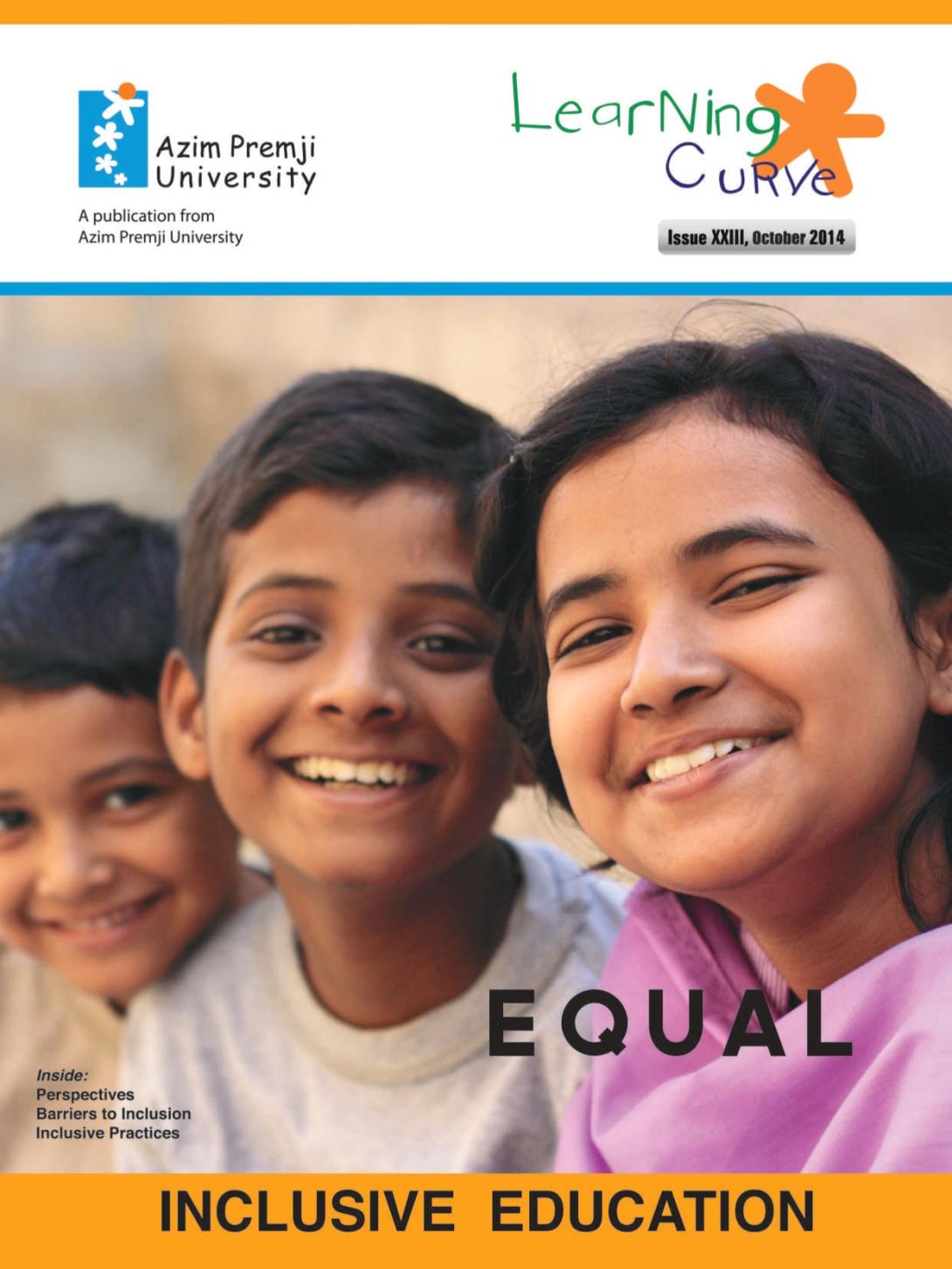
|
Anitha Kurup Gifted Child’s Right to Education, Inclusive Education In Learning Curve https://cdn.azimpremjiuniversity.edu.in/media/publications/downloads/LC_Issue-23_Oct-2014_Equal-Inclusive-Education.pdf Issue XXIII, October Azim Premji University, Bangalore, India |
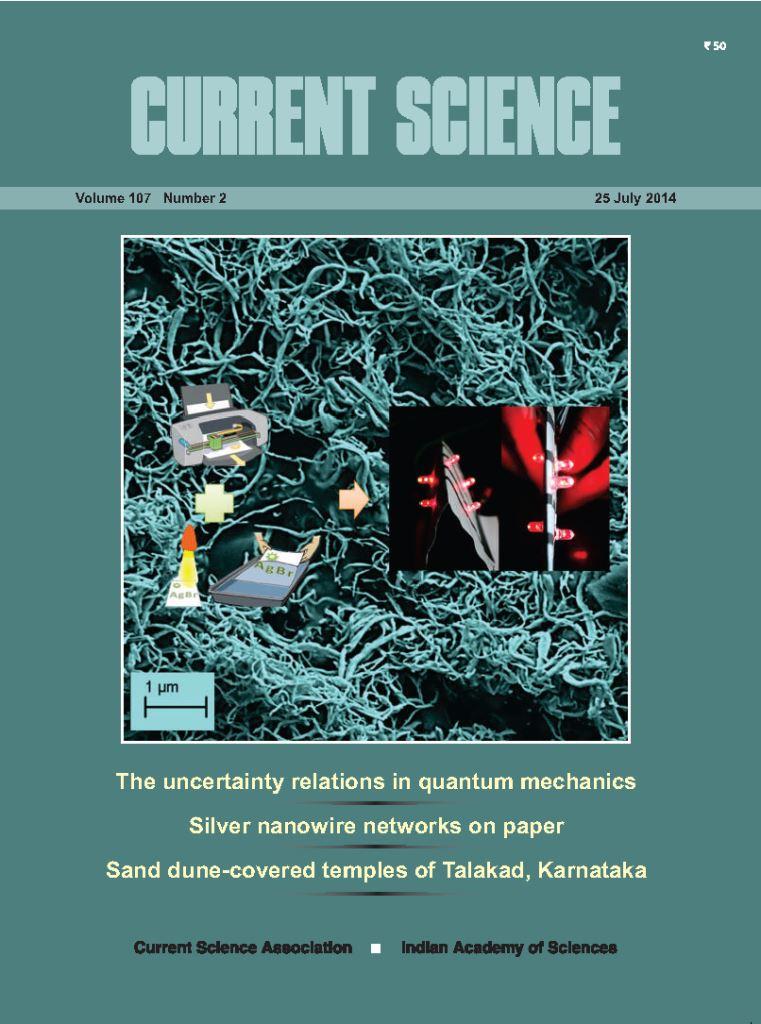
|
Anitha Kurup, V V Binoy, Sindhu Radhakrishna The Culture of Environmental Education: Insights from a Citizen Science Experiment in India https://www.currentscience.ac.in/Volumes/107/02/0176.pdf Current Science, vol. 107, no. 176 2, 25 July |

|
Anitha Kurup, V V Binoy Little Minds Dreaming Big Science: Are We Promoting Children Gifted in STEM in India? https://www.currentscience.ac.in/Volumes/108/05/0779.pdf Current Science, 108(5) |
| |
Anitha Kurup, P Shastri, L Resmi, R Ramaswamay, S Ubale, S Bagchi, S Rao, S Narasimhan co-authored Towards Gender Equity in Physics in India: Initiatives, Investigations and Questions India Country Paper, ICWIP, Waterloo, Canada |
| |
Anitha Kurup Will Mentoring Bridge the Gender Gap In Indian Science? In: la Physique Au Canada, 71(2) |
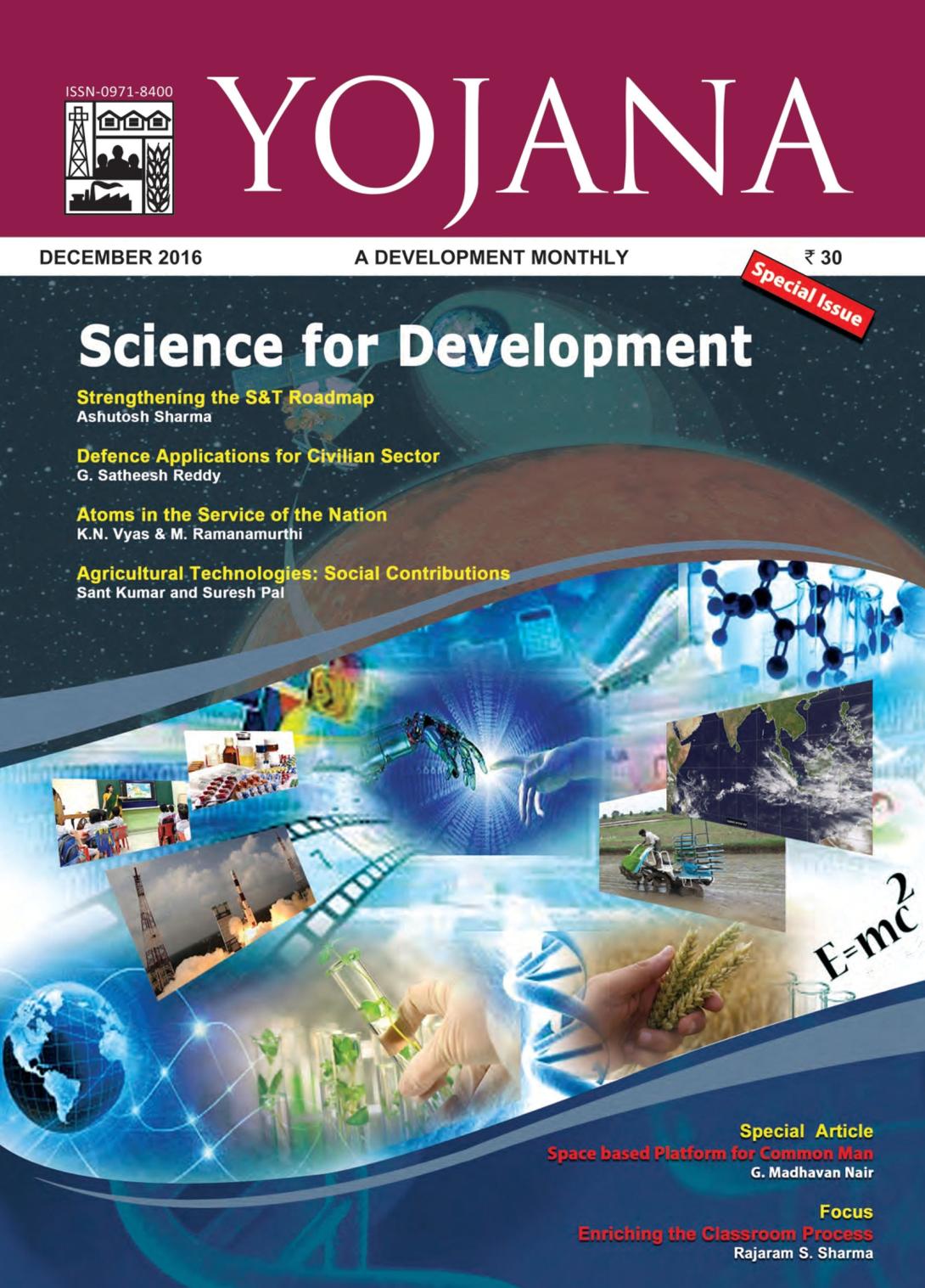
|
Anitha Kurup Impact of Science and Technology on Women http://yojana.gov.in/Yojana%20December%202016.pdf Yojana, Issue December 2016, pp.68-71 |
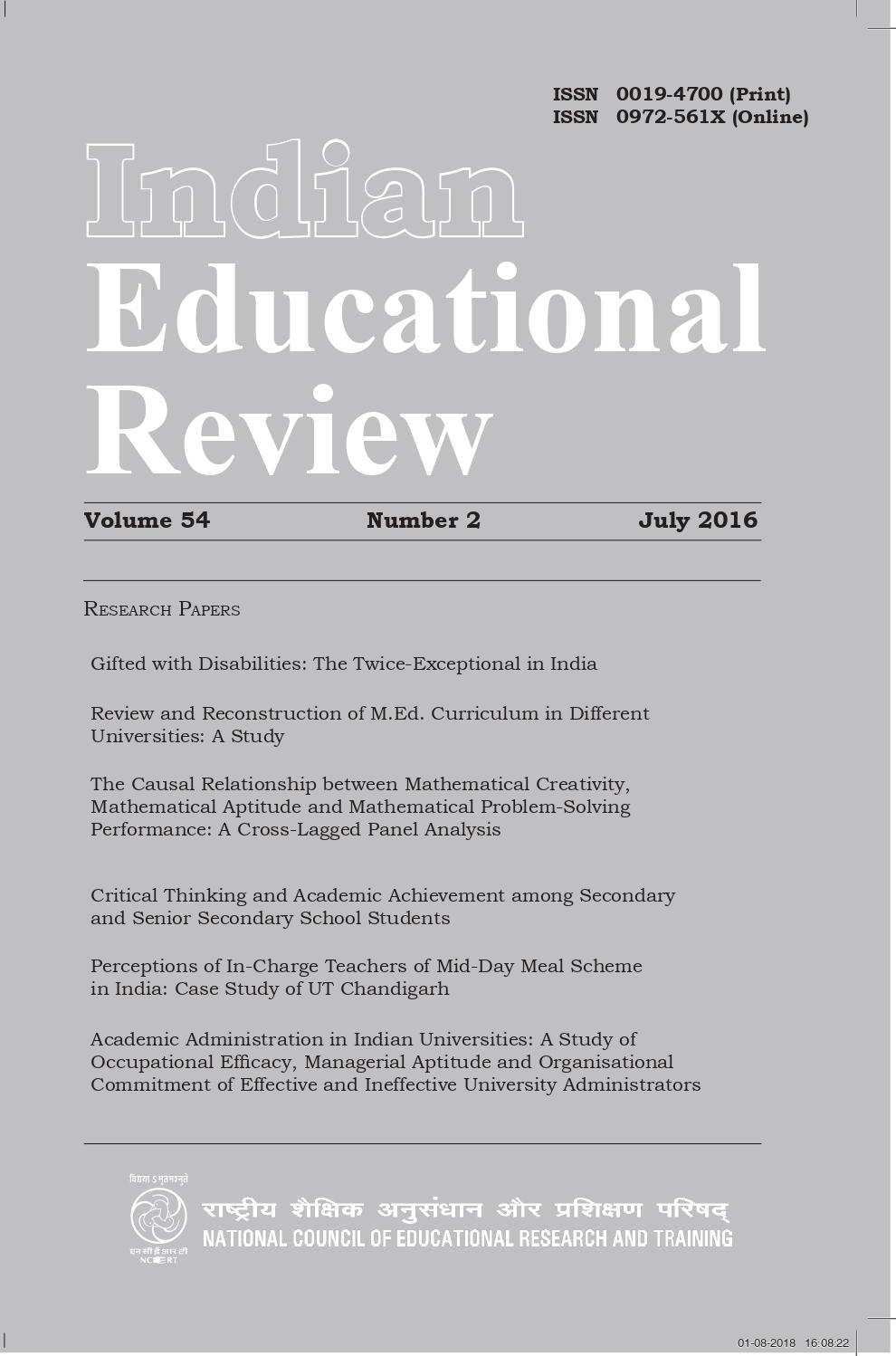
|
Anitha Kurup Gifted with Disabilities: The Twice Exceptional in India Indian Educational Review, NCERT, New Delhi |
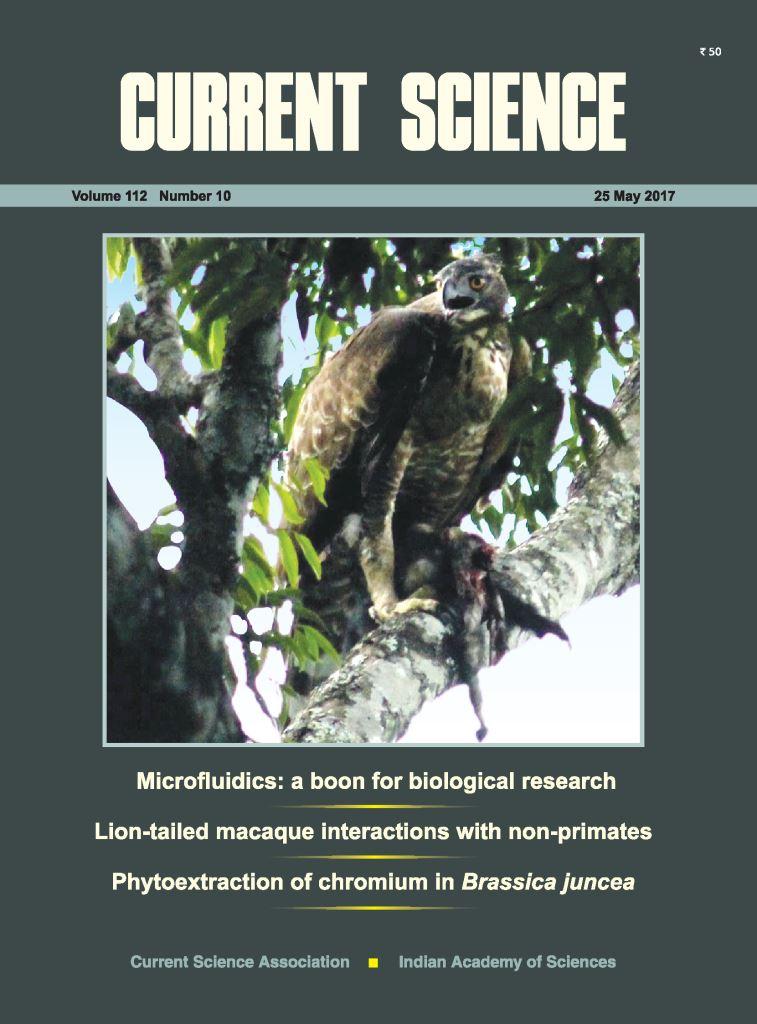
|
Anitha Kurup, Leya Mathew, Taniya Singh co-authored Taking the next steps (Meeting report on NIAS’ collaboration with women in STEM in India https://www.currentscience.ac.in/Volumes/112/10/1986.pdf Current Science 112(10): 1986-1987 |
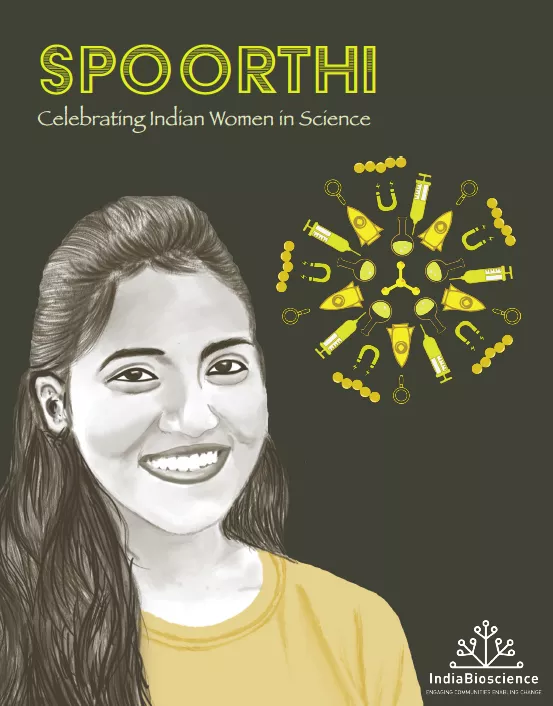
|
Anitha Kurup The Leaky Pipeline: a Social Scientist Perspective https://indiabioscience.org/women-in-science/spoorthi-celebrating-indian-women-in-science Spoorthi: Celebrating Indian Women in Science |
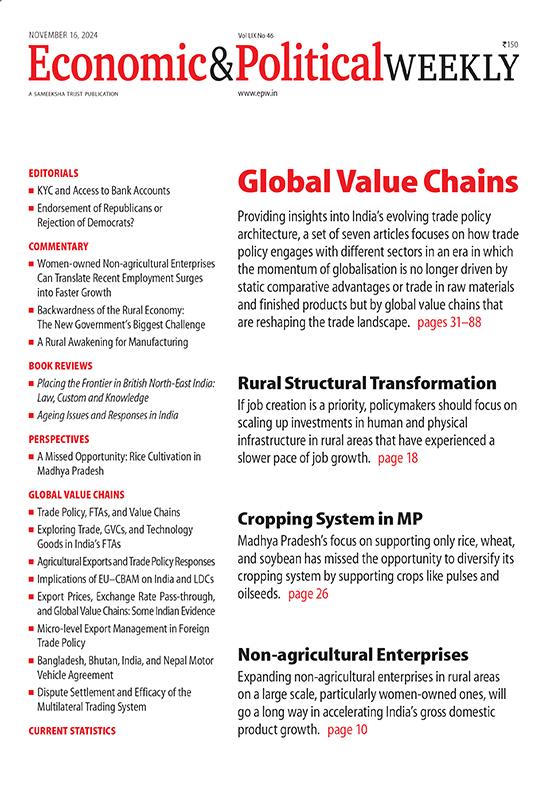
|
Anitha Kurup, Anjali Radhak, Mittal , Pankaj co-authored Measuring Access, Quality and Relevance in Higher Education https://www.epw.in/journal/2020/24/perspectives/measuring-access-quality-and-relevance-higher.html Economic and Political Weekly 55(24) pp: 34-38 |
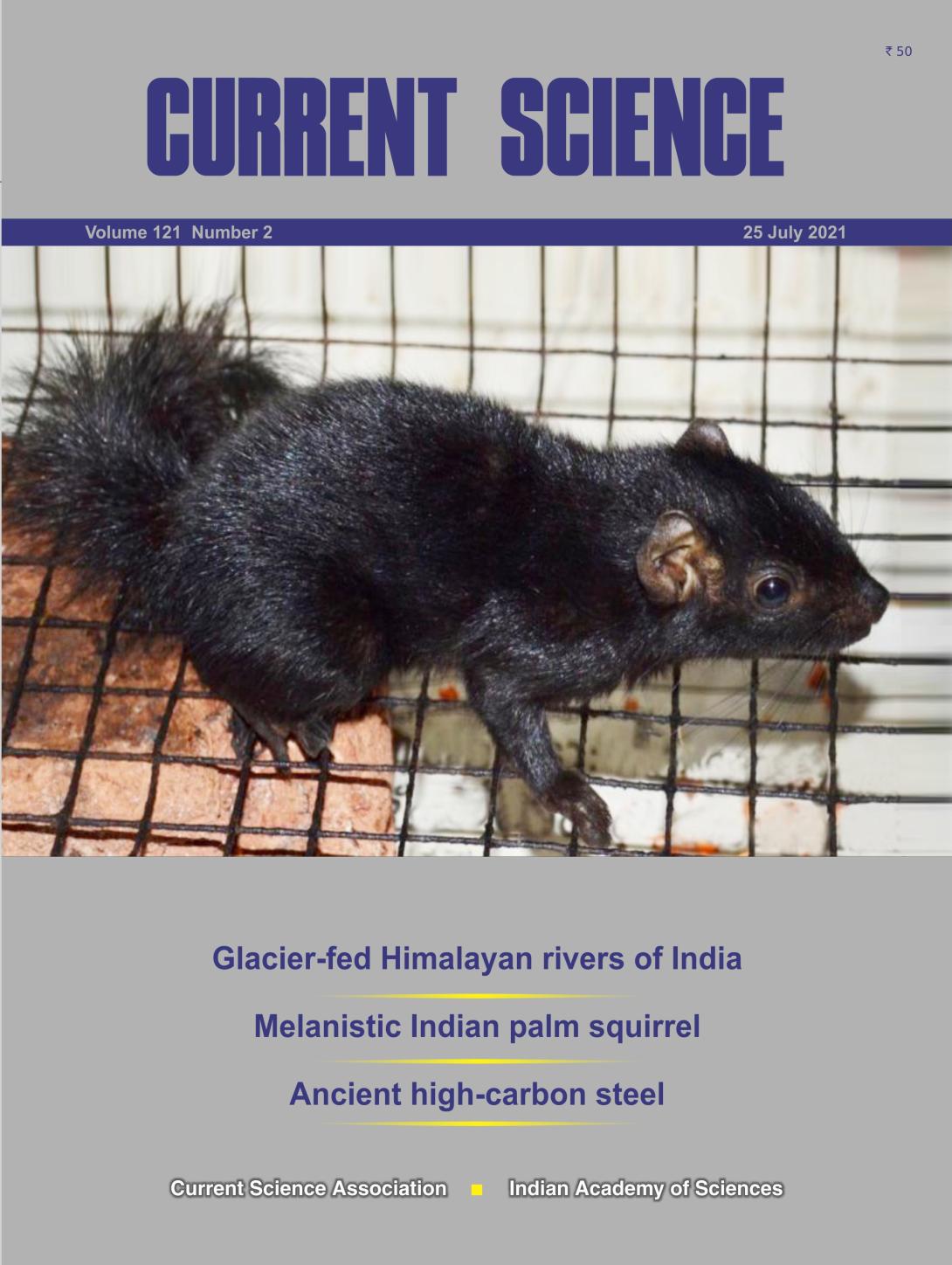
|
Anitha Kurup, V V Binoy, Sindhu Radhakrishna The extinction of experience in a biodiversity hotspot: rural school children’s knowledge of animals in the Western Ghats, India https://www.currentscience.ac.in/Volumes/121/02/0313.pdf Curent Science 121(2): 313-316. doi: 10.18520/cs/v121/i2/313-316 |

|
Anitha Kurup, Anjali Raj co-authored Mapping the life trajectories of women scientists in India: successes and struggles https://www.currentscience.ac.in/Volumes/122/02/0144.pdf Current Science.122(2):144-148 doi:10.18520/cs/v122/i2/144-148. |
| |
Anitha Kurup Training Initiatives for Gram Panchayat Members in Karnataka - Some Issues In: People Centered Rural Development - NGDOs and Decentralised Government by Bhat et al,(eds.), DSI Publications, Bangalore. pp: 87-107 |
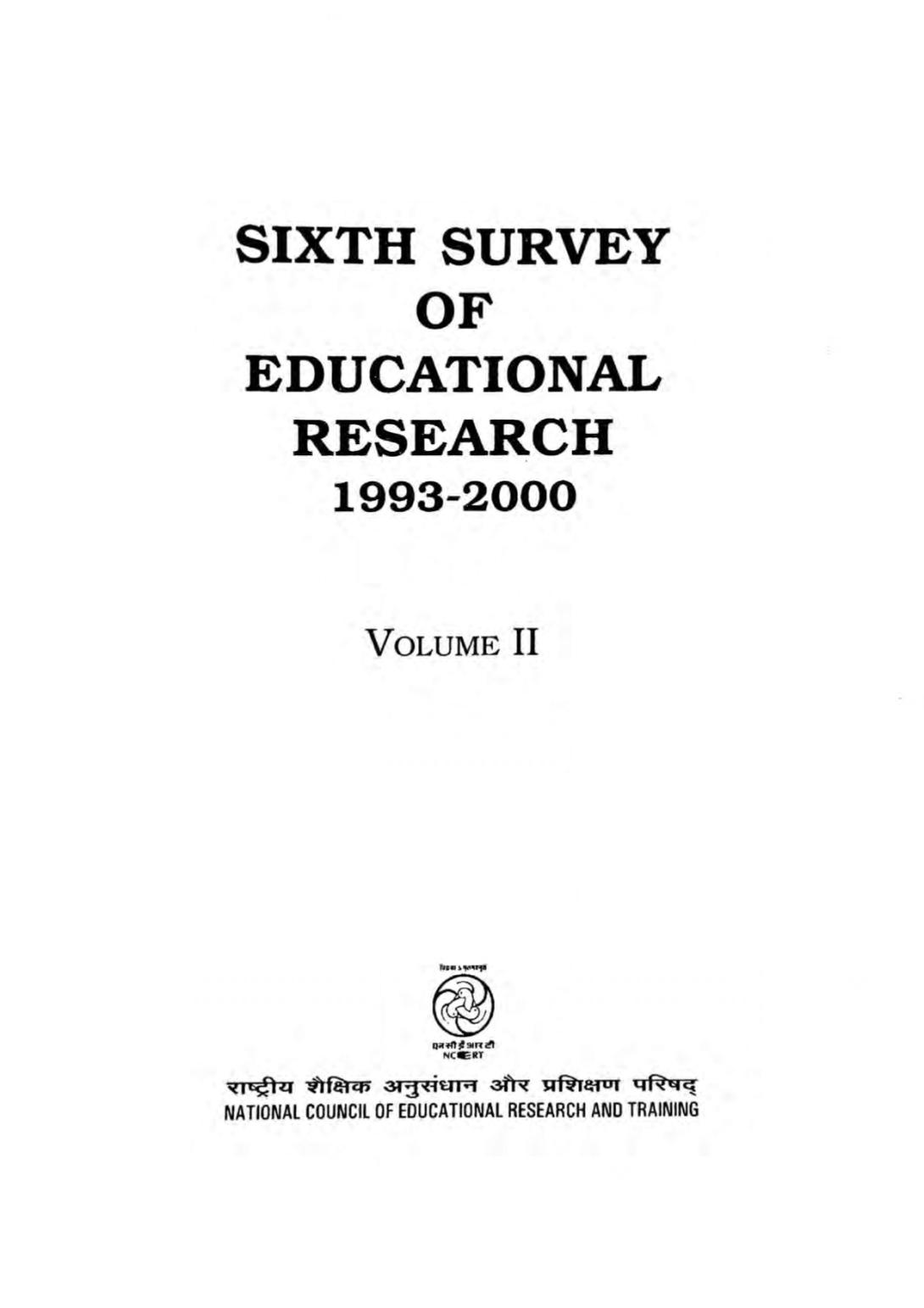
|
Anitha Kurup Women’s Studies in Education In: Sixth Survey of Educational Research (1993-2000) Vol. 1, New Delhi, NCERT. Pp: 212-226 |
| |
Anitha Kurup Human Resources of Karnataka in Drivers for Development In: Karnataka Development Report. Nodal Agency ISEC, Bangalore and sponsored by Planning Commission, Government of India( Contributor) |
| |
Anitha Kurup Development in Social Sector In: Karnataka Development Report. Nodal Agency ISEC, Bangalore and sponsored by Planning Commission, Government of India( Contributor) |
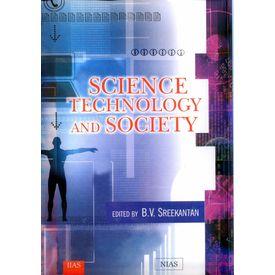
|
Anitha Kurup Challenges in Higher Education in the Face of India’s Demographic Ascendancy In: B.V. Sreekantan (ed) Science Technology and Society, IIAS Publications, Shimla, India.( co-author). pp. 83-113 |
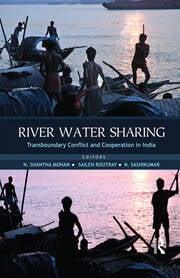
|
Anitha Kurup Integrated Water Resource Management – An Alternative Paradigm In: N. Shantha Mohan et.al(ed.) River Water Sharing: Transboundary Conflict and cooperation in India, Routledge Publications, New Delhi. pp: 156-182 |
| |
Anitha Kurup Leadership In Management of Education, Research and Collaboration Edited by K.V Krishnamurthy, Mangala Sundarkrishnan and Anitha Kurup, IGNOU Publications, New Delhi (co-author) |
| |
Anitha Kurup Management of Education, Research and Collaboration in Humanities and Social Sciences Collaboration In: Management of Education, Research and Collaboration, edited by K.V Krishnamurthy, Mangala Sundarkrishnan and Anitha Kurup, IGNOU Publications, New Delhi (co-author) |
| |
Anitha Kurup Management of Education, Research and Collaboration in Natural Sciences Collaboration In: management of Education, Research and Collaboration, edited by K.V Krishnamurthy, Mangala Sundarkrishnan and Anitha Kurup, IGNOU Publications, New Delhi (co-author) |
| |
Anitha Kurup Introduction and Overview of Management of Education, Research and Collaboration In: management of Education, Research and Collaboration, edited by K.V Krishnamurthy, Mangala Sundarkrishnan and Anitha Kurup, IGNOU Publications, New Delhi |
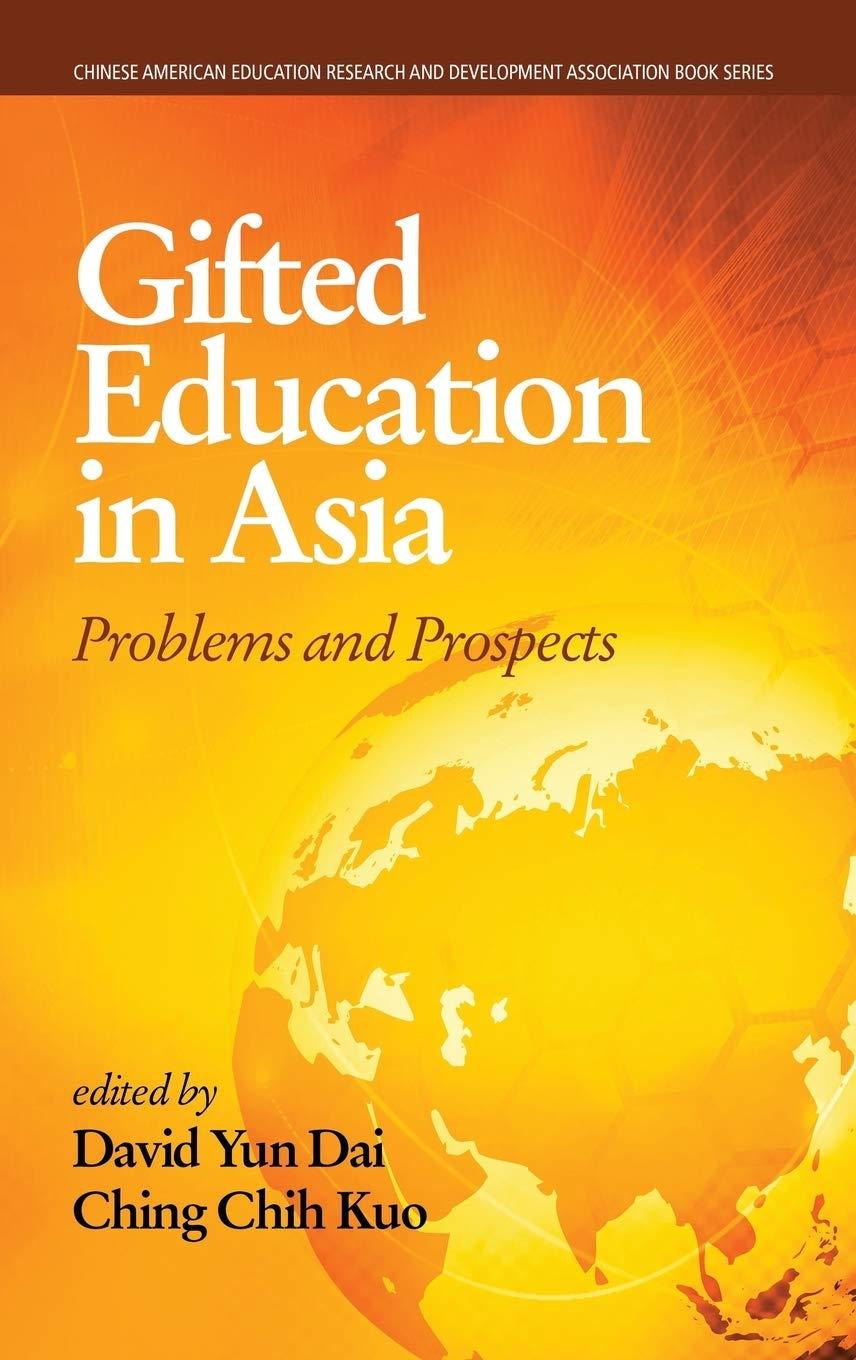
|
Anitha Kurup, P P Roy co-authored A critical Assessment of Gifted Education in India In: David Yun Dai and Ching Chih Kuo (eds.), Gifted Education in Asia: Problems and Prospects. Chinese American Educational Research and Development Association (CAERDA). Carolina: Information Age Publishing |
| |
Anitha Kurup Women in Science Education In: Status of Women in India, Department of Women and Child Development, Government of India: New Delhi. |
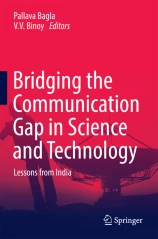
|
Anitha Kurup, V V Binoy, Sindhu Radhakrishna Bridging Educational Institutions for a Citizen Science Project: A Case Study from Malappuram District, Kerala, India In: P Bagla and VV Binoy (ed.), When Science Meet Public: Bridging the Gap. New Delhi: Springer Publication. pp.269-277. |
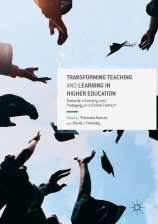
|
Anitha Kurup, Chetan Singai Redefining University Education in India: Pedagogy and Student Voices In: D Hornsby & R Osman (Eds.) in Palgrave Critical University Studies Series: UK |
| |
Anitha Kurup Gender, Science and Technology Education in India In: Transforming Science: Feminist Perspectives in India, Vol:2, New Delhi: Sage Stree Publishers. pp. 278-298 |
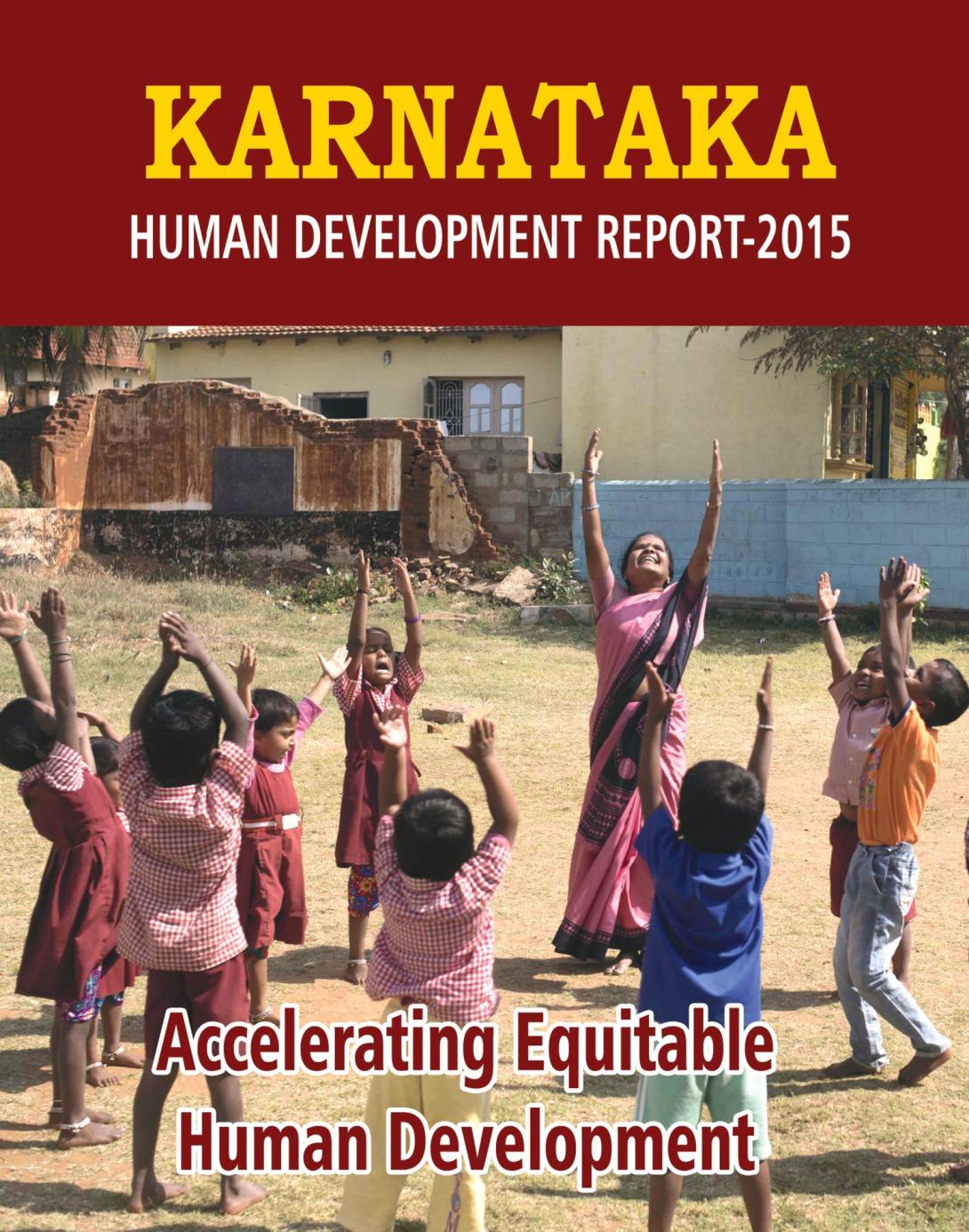
|
Anitha Kurup Higher Education In Karnataka In: Karnataka Human Development Report-2015: Accelerating Equitable Human Development, Bengaluru: Planning, Programme Monitoring and Statistics Department. Government of Karnataka, pp. 98-114 |
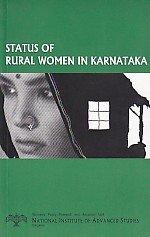
|
Anitha Kurup, Srilatha Batiwala, Anita Gurumurthy, et al. Status of Rural Women In Karnataka http://eprints.nias.res.in/475/1/Status%20of%20Rural%20Women%20in%20Karnataka.pdf National Institute of Advanced Studies, Bangalore. Reprinted in 2006 |
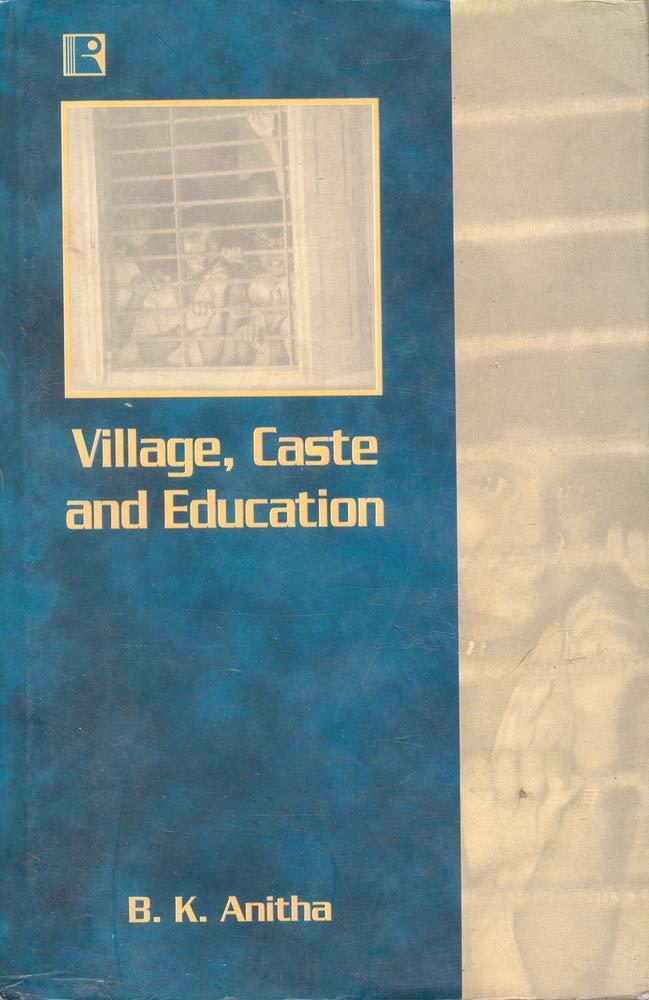
|
Anitha Kurup Village, Caste and Education Rawat Publications Jaipur, India |
| |
Anitha Kurup Management of Education, Research and Collaboration IGNOU Publications, New Delhi. (co-Editor) |
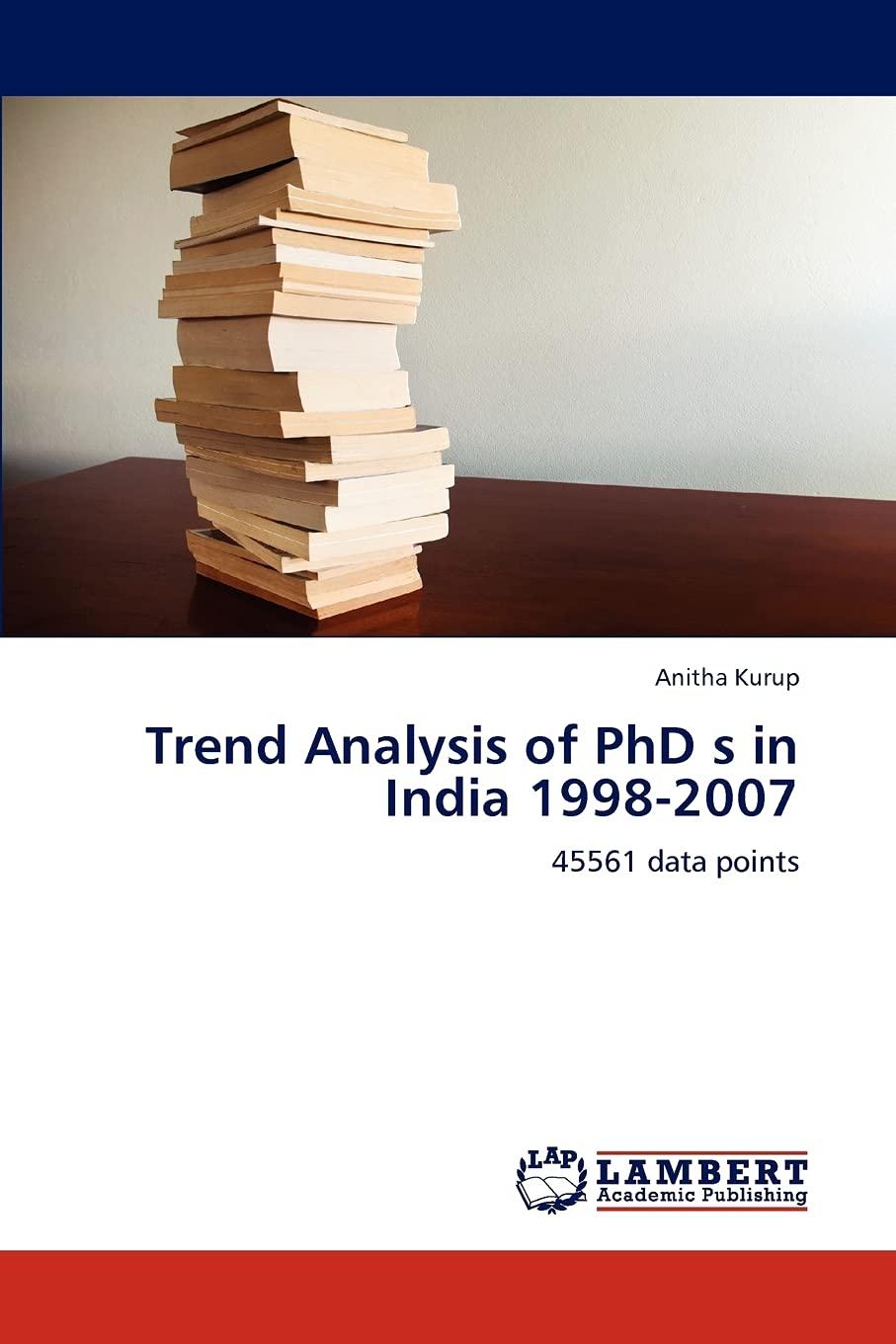
|
Anitha Kurup Trend Analysis of PhDs in India 1998- 2001 LAP Lambert Academic Publishing |
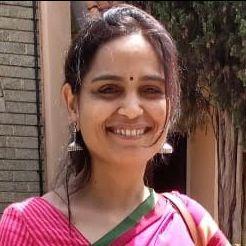
|
Assistant Professor, Education Programme Celebrating women without stereotyping https://www.deccanherald.com/opinion/panorama/celebrating-women-without-stereotyping-1092029.html Deccan Herald, 16 March 2022 International Women’s Day is about questioning and protesting the in-built hierarchies and injustice. However, we end up celebrating these inequalities in our celebrations. |
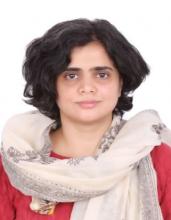
|
Shivali Tukdeo Historical Developments, Influences of International Actors, and Education Reforms in India https://doi.org/10.1093/acrefore/9780190264093.013.426 Oxford Research Encyclopedia of Education Through a network of institutions, the enterprise of postcolonial public education was shaped in the mid-20th century and was deeply entrenched in the politics of class, caste, and gender |

|
Shivali Tukdeo co-authored Associate Professor, Education Programme Spaces of learning and growth: residential schools in Maharashtra – Research highlights. NIAS Research Report No. NIAS/SSC/EDU/U/RR/12/2019 |

|
Shivali Tukdeo, Amar Mali co-authored Urban dislocations and the politics of educational access: Metro colonies, Bengaluru. https://perspectivia.net/receive/pnet_mods_00004216 Working Papers Series Education and the Urban in India Series, Vol 14. Bonn: Max Weber Stiftung. |

|
Shivali Tukdeo Associate Professor, Education Programme Education in times of Covid: Recentering our public schools. The Bastion, 14 April 2020. |

|
Shivali Tukdeo co-authored Associate Professor, Education Programme The long read: On the global relevance of the US elections https://doi.org/10.1080/00131857.2020.1824784 Educational Philosophy and Theory. |

|
Shivali Tukdeo co-authored Associate Professor, Education Programme The China-threat: discourse, trade, and the future of Asia. http://doi.org/10.1080/00131857.2021.1897573 A Symposium. Educational Philosophy and Theory |

|
Shivali Tukdeo Associate Professor, Education Programme India goes to school: Education policy and cultural politics. New Delhi: Springer India. |

|
Shalini Dixit Assistant Professor, Education Programme Challenges of nurturing the gifted and talented in developing countries: experiences from rural and urban India. (NIAS Project Report No. NIAS/SSC/EDU/U/PR/18/2019). |
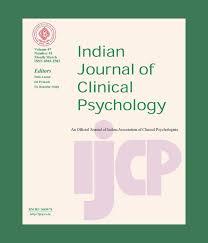
|
Malavika Kapur Visiting Professor, Education Programme Vineland social maturity scale: An update on administration and scoring (Review Article). Indian Journal of Clinical Psychology 47(1). |
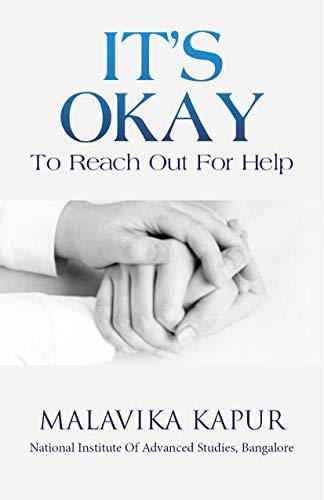
|
Malavika Kapur Visiting Professor, Education Programme It’s okay: to reach out for help https://www.amazon.in/Its-Okay-Reach-Out-Help-ebook/dp/B08CZPSRKC New Delhi: Vitasta Publications; ebook on Amazon kindle |

|
Jeebanlata Salam Assistant Professor, Education Programme Planning for school re-opening readiness: Approaches during the Covid-19 pandemic The People’s Chronicle, 10 and 11 August 2020. |

|
Jeebanlata Salam Assistant Professor, Education Programme National Education Policy 2020 and reinventing the possibilities in vocational skill The Sanghai Express, 30 August 2020. |

|
Jeebanlata Salam Assistant Professor, Education Programme Sustainable development and community aspiration: the case of Chadong. The Sanghai Express, 7 October 2020. |

|
Jeebanlata Salam Assistant Professor, Education Programme Jesus, markets, state, and the silenced dialogue. The Sanghai Express, January 2021. |

|
Jeebanlata Salam Assistant Professor, Education Programme What they (don’t) write about Northeast India in School textbooks. The Wire, 28 January 2021. |
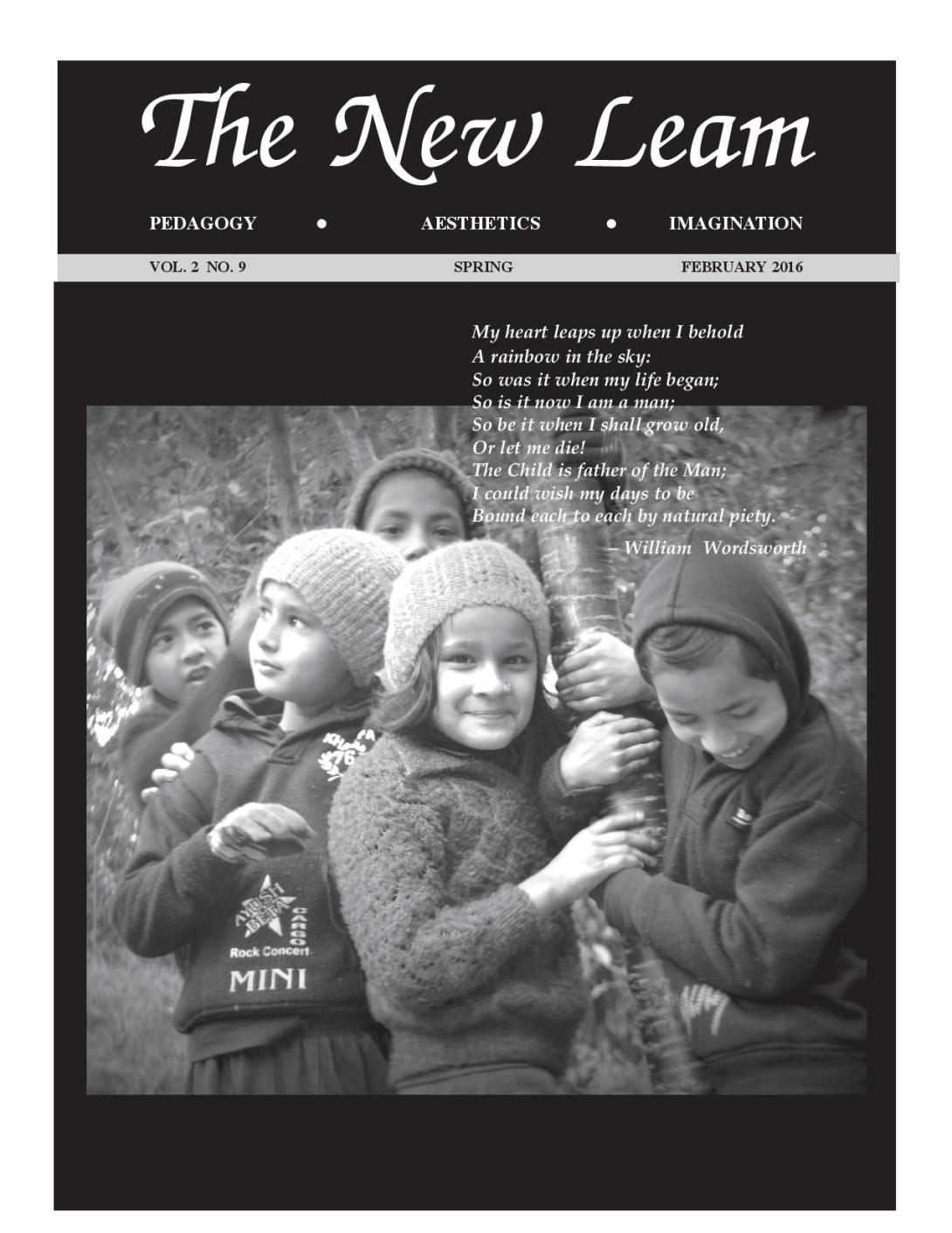
|
Jeebanlata Salam Assistant Professor, Education Programme Social suffering and social justice: A sociological reflection. The New Leam: A Journal of Pedagogy, Aesthetics & Imagination, 18 September 2020. |
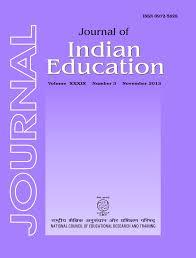
|
Jeebanlata Salam Assistant Professor, Education Programme Vocational Skill Interventions: Dropout reduction and employability Journal of Indian Education. Volume No. XLV(4). National Council of Educational Research and Training. MHRD. Govt. of India. New Delhi |
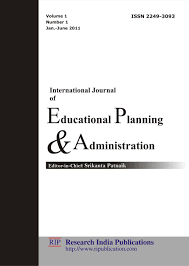
|
Jeebanlata Salam Assistant Professor, Education Programme Social exclusion and special educational interventions among Muslims of Bihar Journal of Educational Planning and Administration Volume XXXIV, No. 3 National Institute of Educational Planning and Administration. New Delhi |
| |
Anitha Kurup co-authored Professor and Head, Education Programme Capturing diversity: a comprehensive report on women in science and engineering in India. NIAS Research Report No. NIAS/SSC/EDU/U/RR/12/2019 |
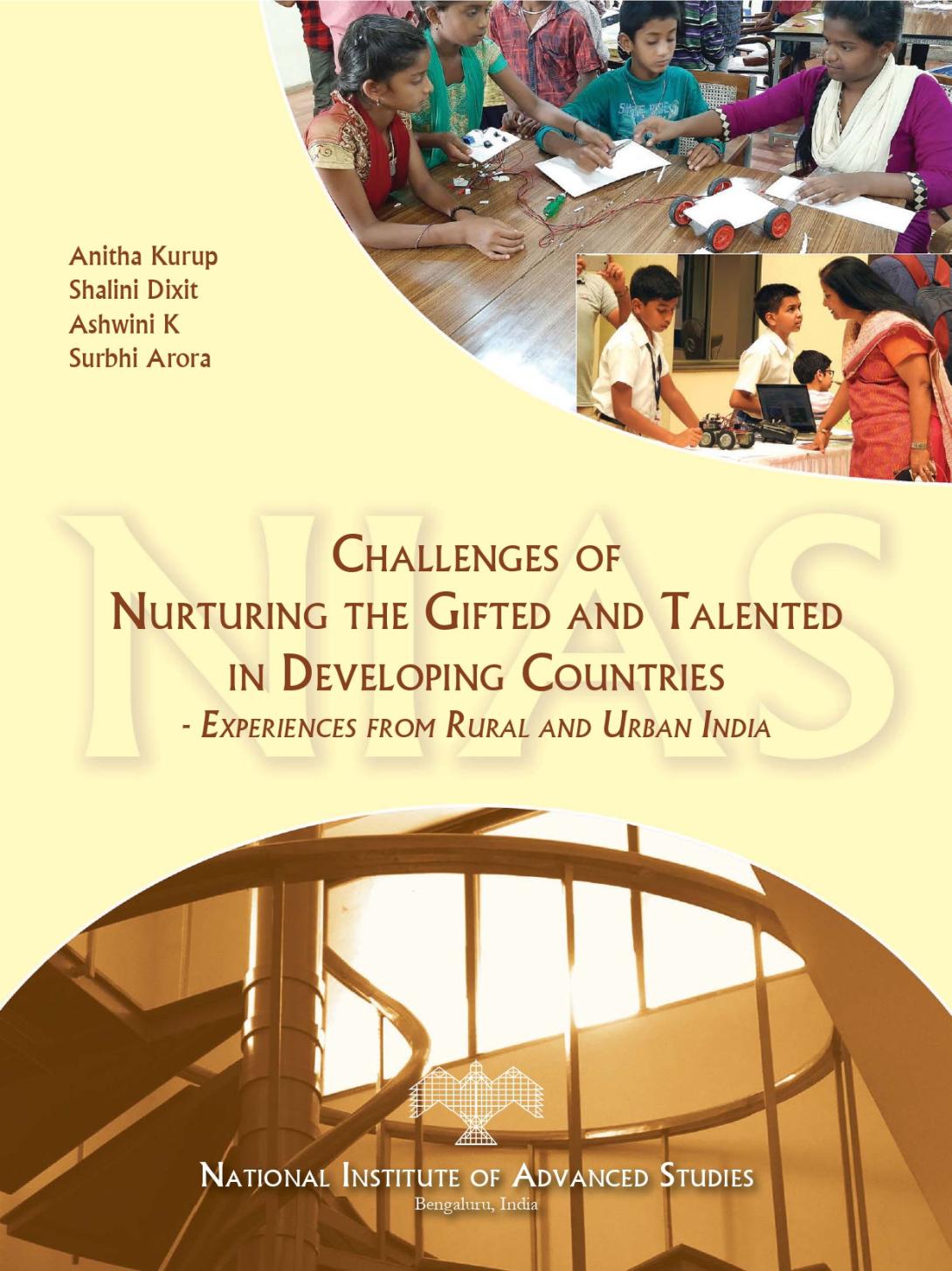
|
Anitha Kurup co-authored Professor and Head, Education Programme Challenges of nurturing the gifted and talented in developing countries: experiences from rural and urban India. NIAS Project Report No. NIAS/SSC/EDU/U/PR/18/2019) |
| |
Anitha Kurup co-authored Professor and Head, Education Programme Measuring access, quality, and relevance in higher education Economic and Political Weekly 55(24): 34-38. |

|
Anitha Kurup Professor and Head, Education Programme Challenges to identify and mentor gifted children in developing countries: the Indian experience. https://www.currentscience.ac.in/Volumes/120/03/0472.pdf Current Science 120(3): 472-478. |
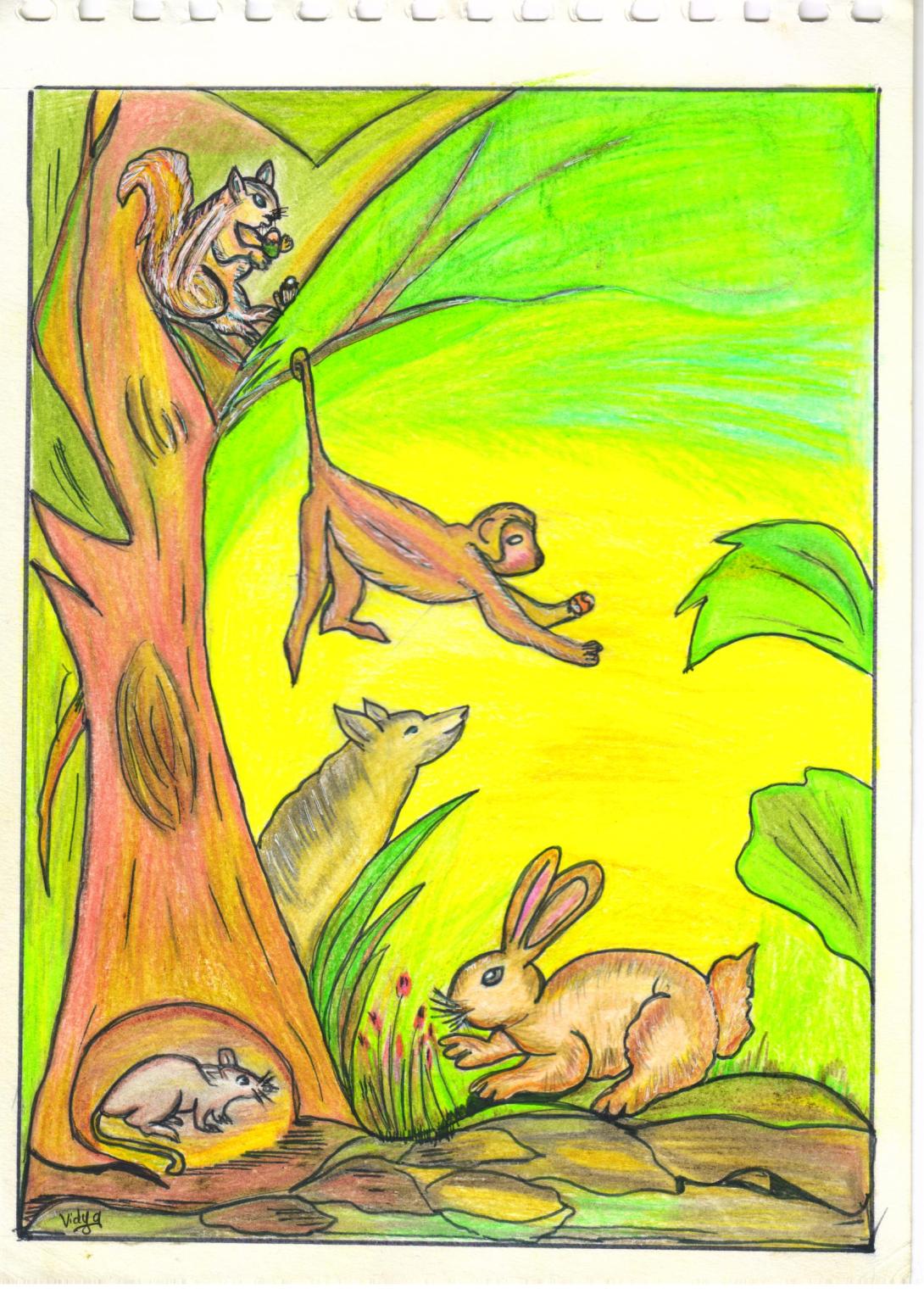
|
Malavika Kapur Visiting Professor, Education Programme Balavana Patashale (a bilingual home study kit for primary school children). Bangalore: Balavana Foundation. |

|
Jeebanlata Salam Assistant Professor, Education Programme Everyday violence, schooling and mediating institutions in northeast India https://www.taylorfrancis.com/books/edit/10.4324/9781351024181/education-public-sphere-babu-suresh?refId=2fb63f83-3c6b-4281-8e16-e5bc28724504&context… In: GS Suresh Babu (Ed), Education and the Public Sphere: Exploring the Structures of Mediation in Post-Colonial India. New York: Routledge, pp. 175-187. |

|
Shruti Shankar PhD Scholar, Education Programme Let’s get moving https://www.teacherplus.org/lets-get-moving/ Teacher Plus, October 2021 The article examines the role of the education system in introducing children to a sedentary lifestyle and building tolerance for it among them. It also explores some ideas to remedy the situation and make health a greater priority in the education system. |
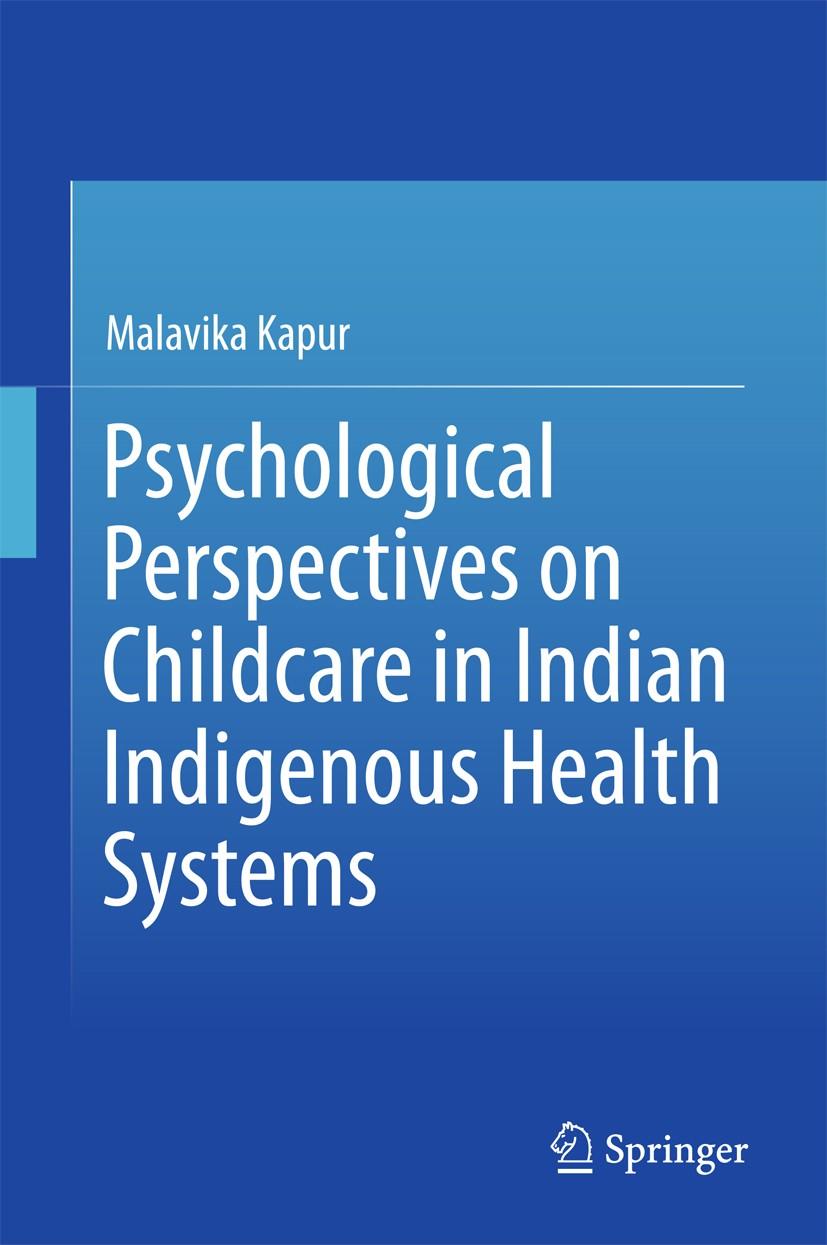
|
Malavika Kapur Visiting Professor, Education Programme Psychological perspectives on childcare in Indian indigenous health systems https://link.springer.com/book/10.1007/978-81-322-2428-0 New Delhi: Springer India, 2016 |
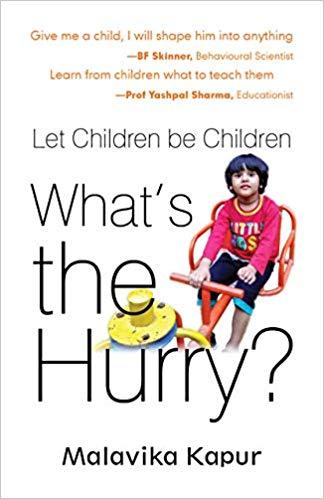
|
Malavika Kapur Visiting Professor, Education Programme What's the Hurry? Let Children be Children https://www.vitastapublishing.com/store/non-fiction/general/whats-the-hurry-let-children-be-children-detail New Delhi: Vitasta Publishing, 2018 |
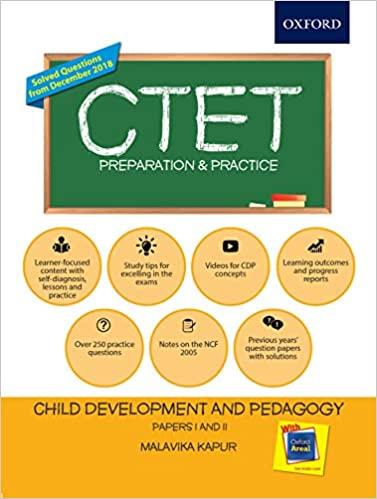
|
Malavika Kapur Visiting Professor, Education Programme CTET Preparation and Practice: Child Development and Pedagogy (Papers I & II) https://india.oup.com/product/ctet-preparation-and-practice-child-development-and-pedagogy-9780199486786 New Delhi: Oxford University Press, 2019 |
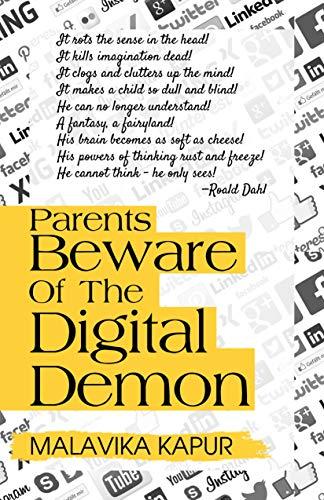
|
Malavika Kapur Visiting Professor, Education Programme Parents Beware of Digital Demons https://www.vitastapublishing.com/store/new-arrivals/parents-beware-of-the-digital-demon-detail New Delhi: Vistasta Publications, Pvt. Ltd., 2021 Televisions, smart phones, internet, social media are all horribly addictive and the Covid pandemic has doubled the online presence of children. The WHO says, ‘Digital disorders are hugely under-recognised in India’. According to Rajesh Sagar of AIIMS Delhi, ‘It is fast emerging as India’s newest lifestyle disease’. Digital games, advertisements and reality shows are dangerous for a growing mind. The Government of India has banned online games like PUBG, Blue Whale, sites like Tik Tok. The government of Karnataka has even banned online classes for children up to class five. This book is an attempt to flag the dangers and provide some suggestions on how to combat digital dependence. |
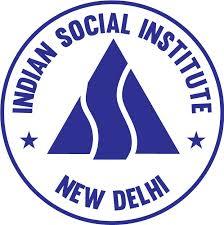
|
Jeebanlata Salam co-authored Assistant Professor, Education Programme Human Rights Investigation and Fact Finding Techniques https://hre.ohchr.org/hret/InstitutionDetail.aspx?INSKey=413&Lng=en New Delhi: Indian Social Institute, 2004 |
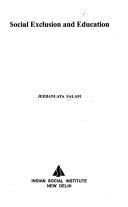
|
Jeebanlata Salam Assistant Professor, Education Programme Social Exclusion and Education https://books.google.co.in/books/about/Social_Exclusion_and_Education.html?id=LPmbAAAAMAAJ&redir_esc=y New Delhi: Indian Social Institute, 2004 |
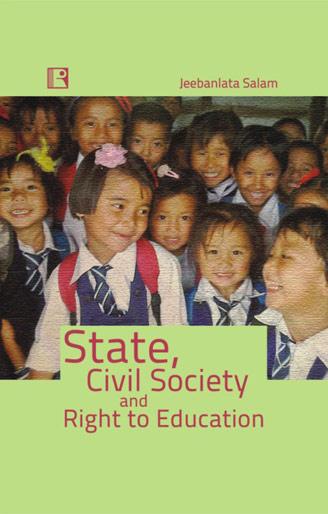
|
Jeebanlata Salam Assistant Professor, Education Programme State, Civil Society and Right to Education https://www.rawatbooks.com/education/state-civil-society-and-right-to-education Jaipur: Rawat Publishers, 2013 |

|
Shalini Dixit Assistant Professor, Education Programme The Psychology of Teaching Critical History https://www.routledge.com/The-Psychology-of-Teaching-Critical-History/Dixit/p/book/9781138342729 Routeledge, July 23, 2021 |
| |
Anitha Kurup co-authored Professor and Head, Education Programme Status of Rural Women in Karnataka http://ec2-3-108-111-222.ap-south-1.compute.amazonaws.com/niastestweb/sites/default/files/2022-03/Status%20of%20Rural%20Women%20in%20Karnataka.pdf Bangalore: NIAS Books and Special Publications No. SP4, 2006 |
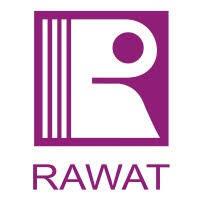
|
Anitha Kurup Professor and Head, Education Programme Village, Caste and Education https://books.google.co.in/books/about/Village_Caste_and_Education.html?id=9_GeAAAAMAAJ&redir_esc=y Jaipur: Rawat Publications, 2000 |
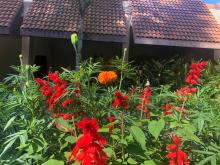
|
NIAS Public Lecture Awareness session on alternative menstrual aid Haseena, Instructional Designer Education Programme NIAS Lecture Hall 25 May 2023 at 16:00 hrs |
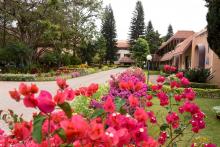
|
NIAS Wednesday Discussion A Long Road to Recovery: Re-opening of Schools and Equitable Education Shivali Tukdeo , Associate Professor, Education Programme, NIAS 2 March 2022 |

|
NIAS Wednesday Discussion A Long Road to Recovery: Re-opening of Schools and Equitable Education Dr Shivali Tukdeo, Associate Professor, Education Programme Education Programme Lecture Hall, NIAS 2 March 2022 |
The Programme continued the weekly webinar series Education after COVID, where 20 lectures were organised. Dr. Anitha Kurup initiated a collaboration with Vidyashilp University to set up a Centre for Learning Sciences which will be a laboratory in campus that will develop pedagogic practices, innovative assessments systems and faculty development in the campus. Driven by data generated by student learning outcomes, teaching learning practices, it will set up a benchmark for other universities.
The programme completed two reports that were part of our research: In December 2020, Dr Shalini Dixit and Ms Gargi Sehrawat completed a report entitled ‘Education for Sustainability: A Study of Curriculum and Teachers’. In April 2021, Dr Shivali Tukdeo completed her inter-institutional collaborative research on ‘Education and the Urban’ and her research paper with Mr Amar Mali entitled ‘Urban Dislocations and the Politics of Educational Access: Metro Colonies, Bengaluru’ was published.
Our on-going research projects include Vocational Skill Education Policy Research undertaken by Dr Jeebanlata Salam, paradigm shift in the thinking of giftedness among rural Students by Dr. Anitha Kurup, transformation in Indian higher education by Dr. Shivali Tukdeo and collective memory research by Dr. Shalini Dixit.

